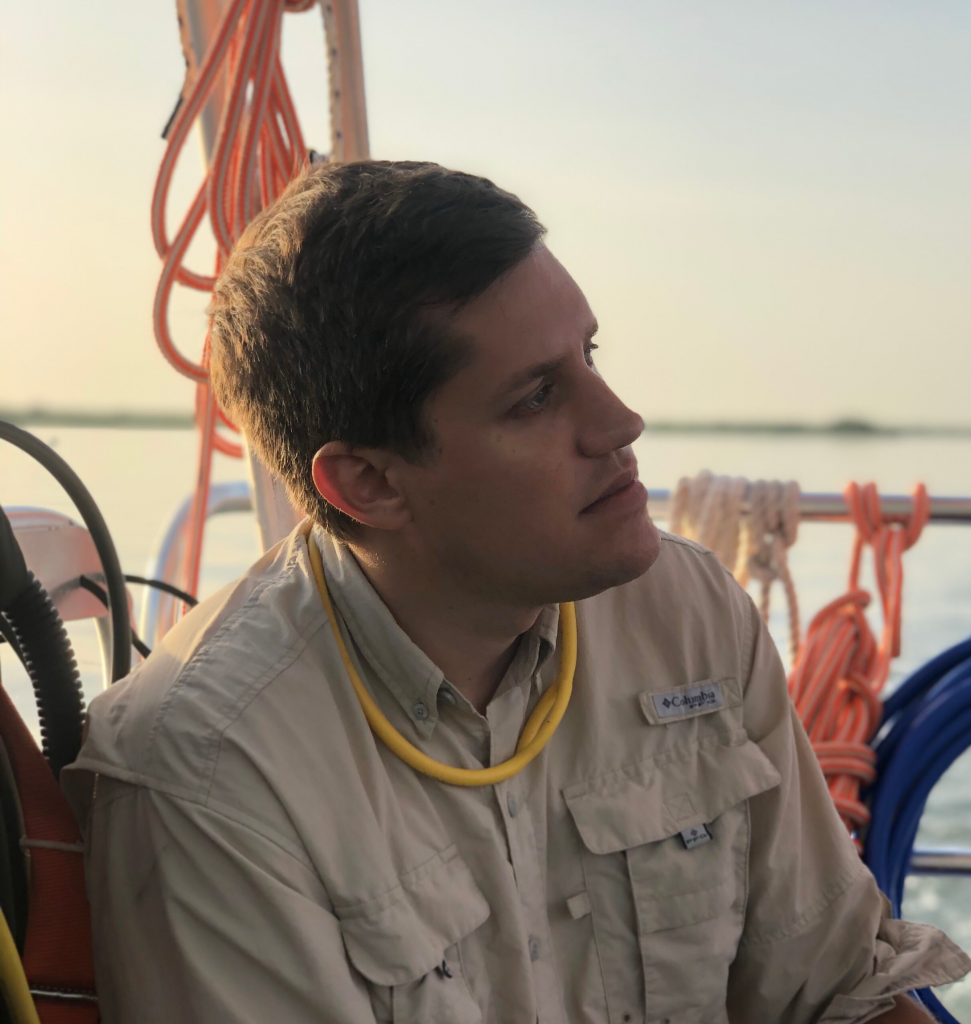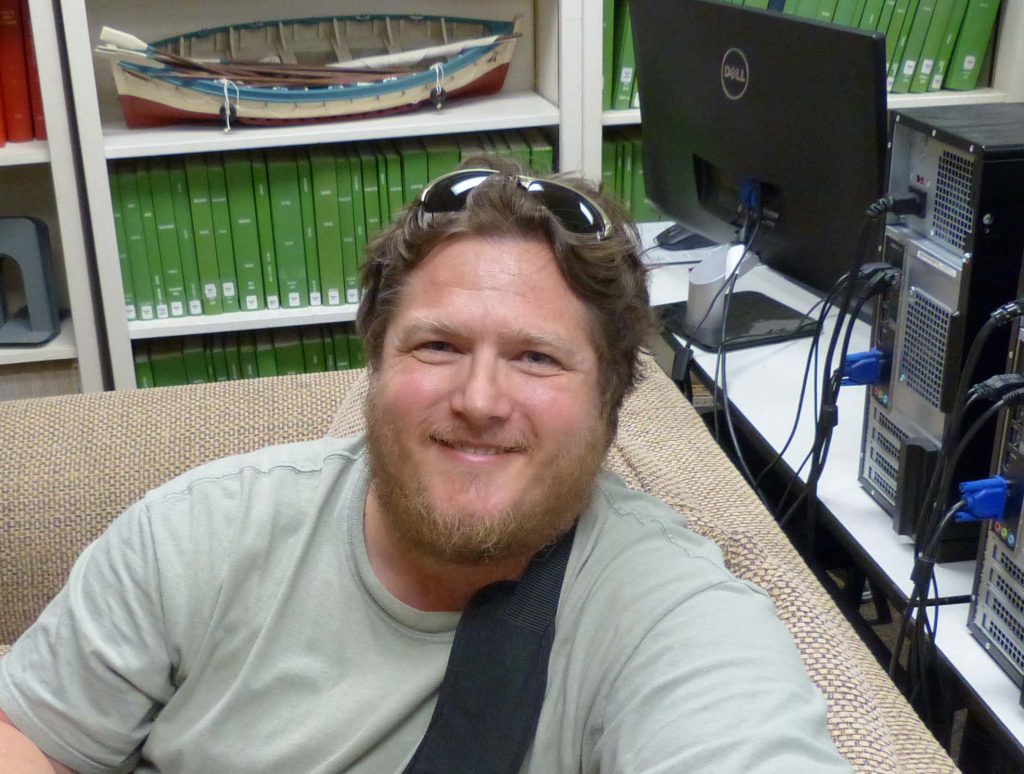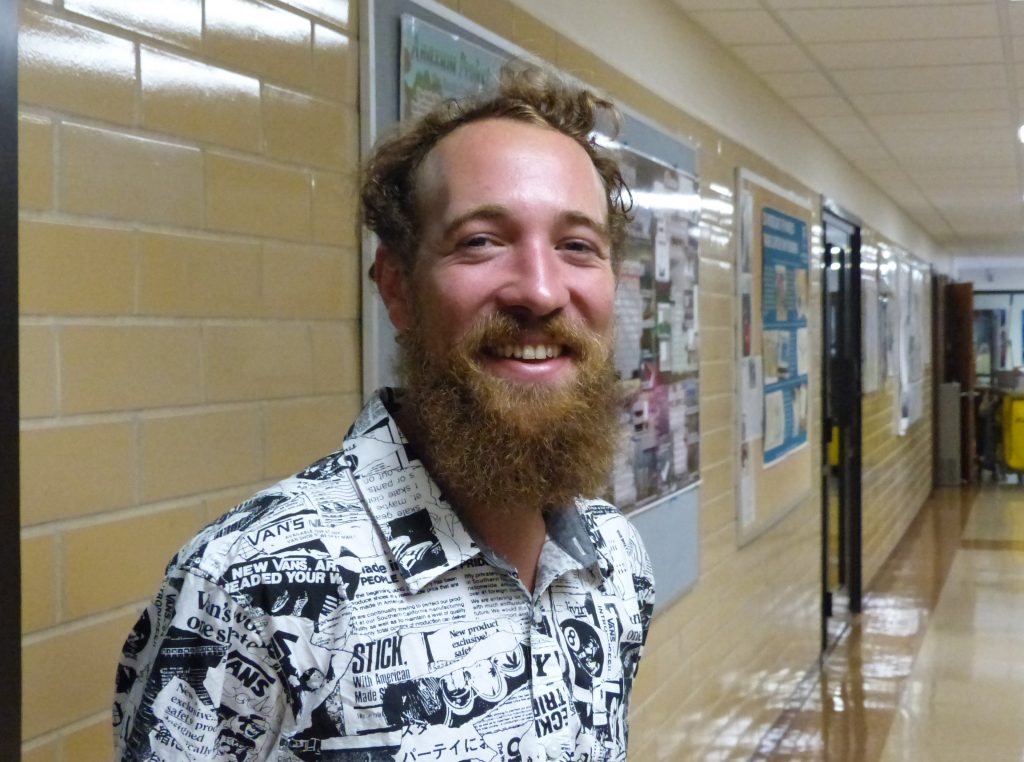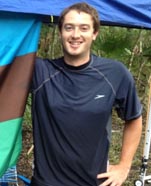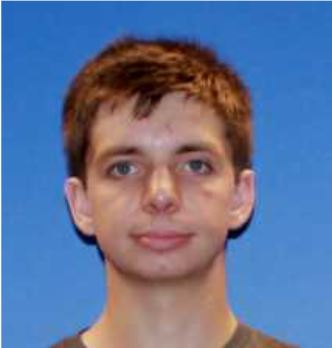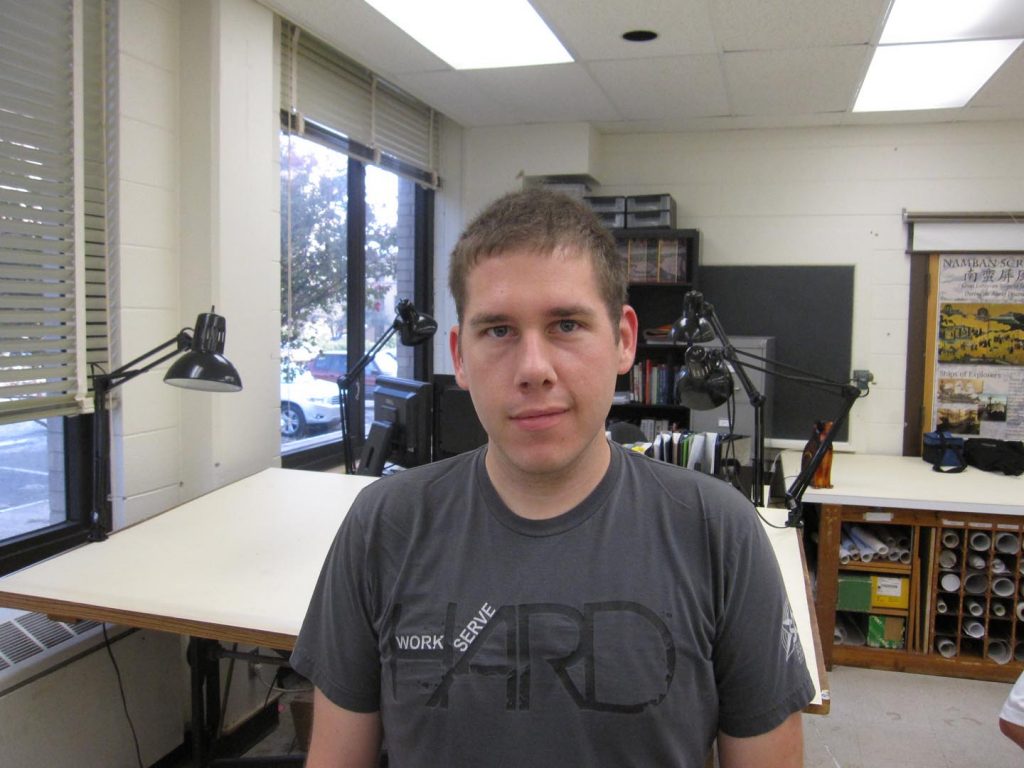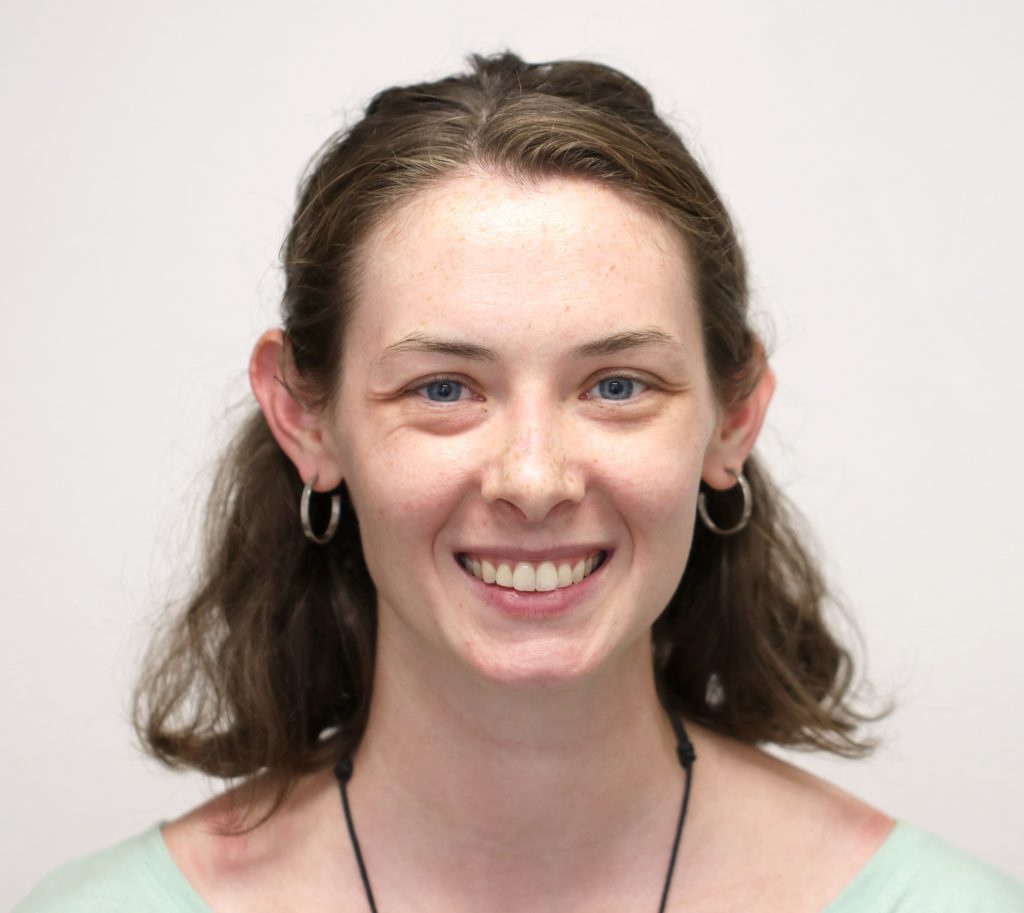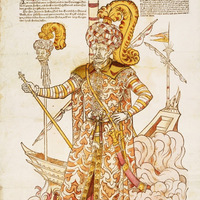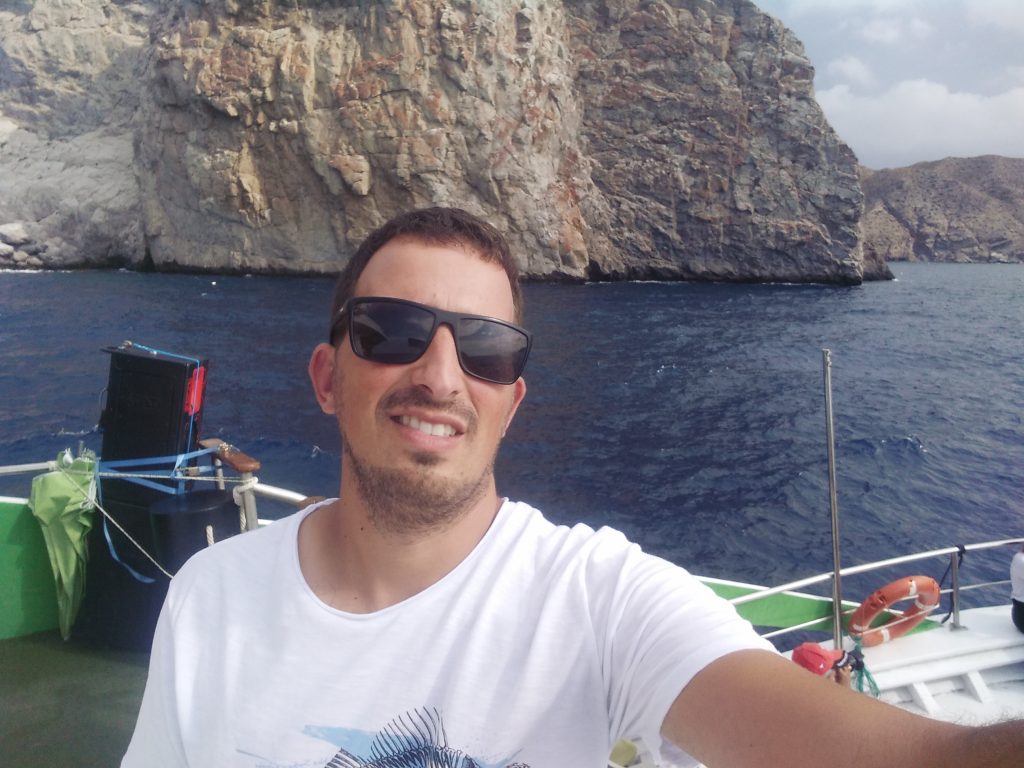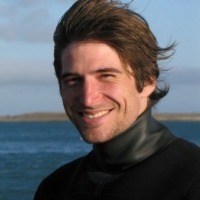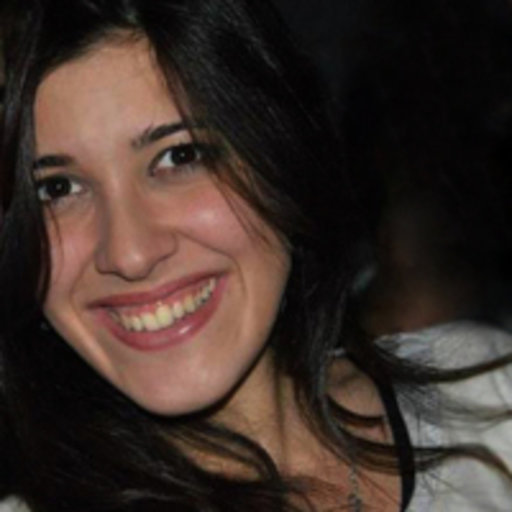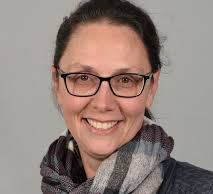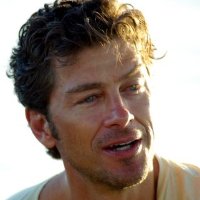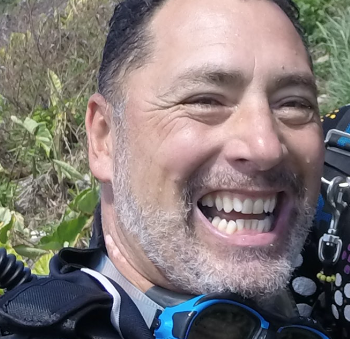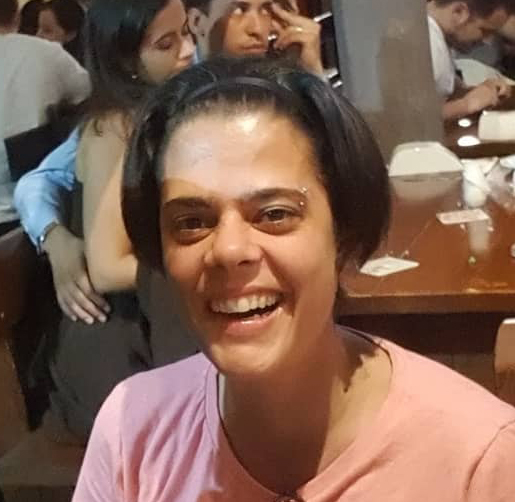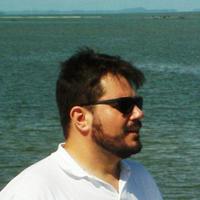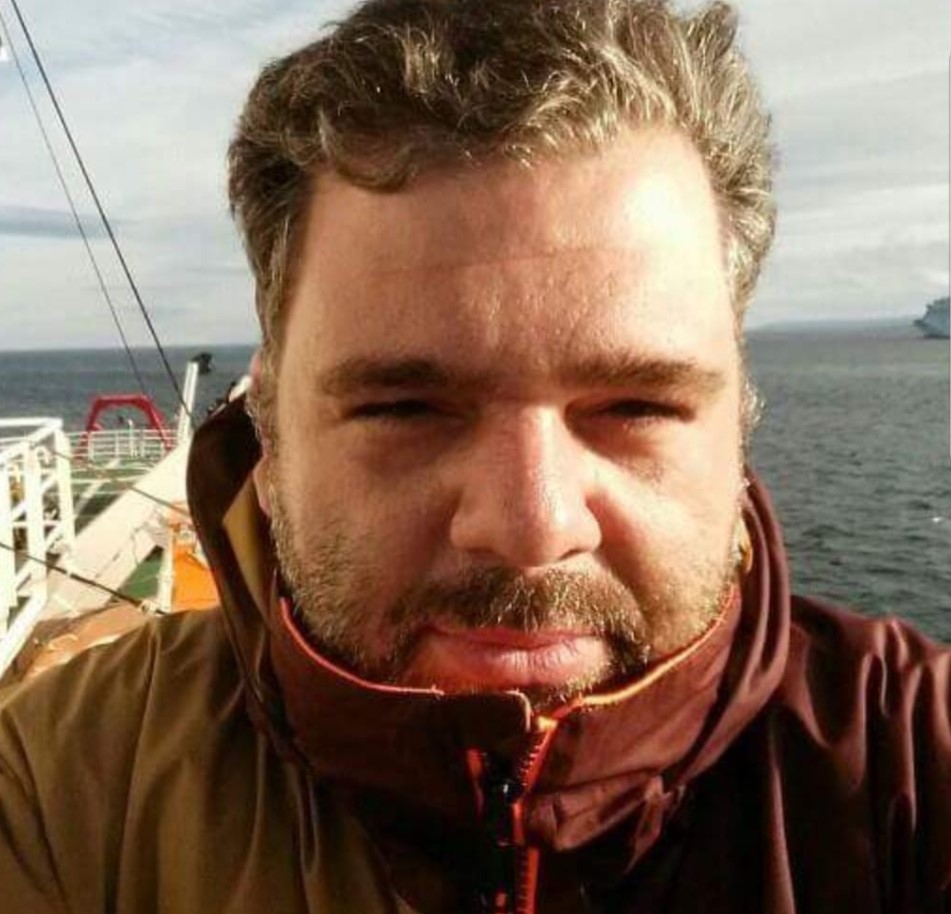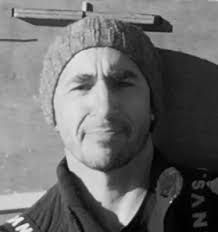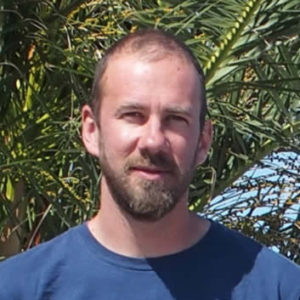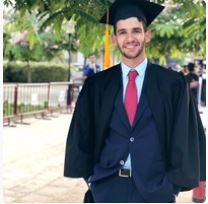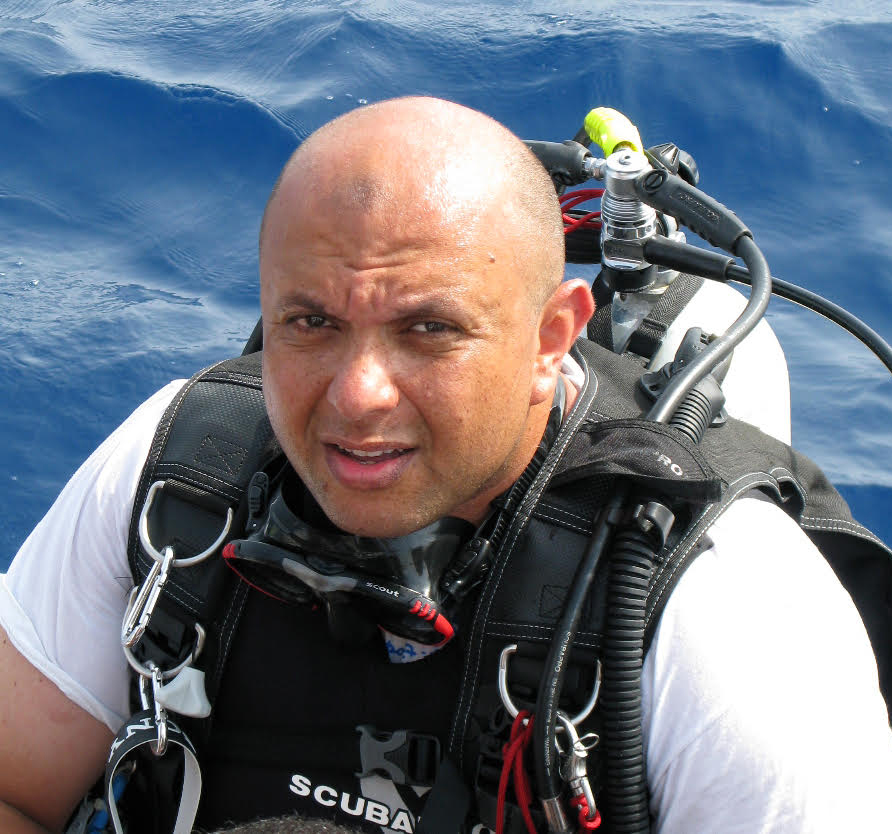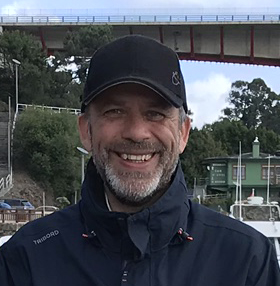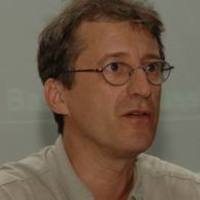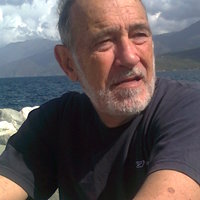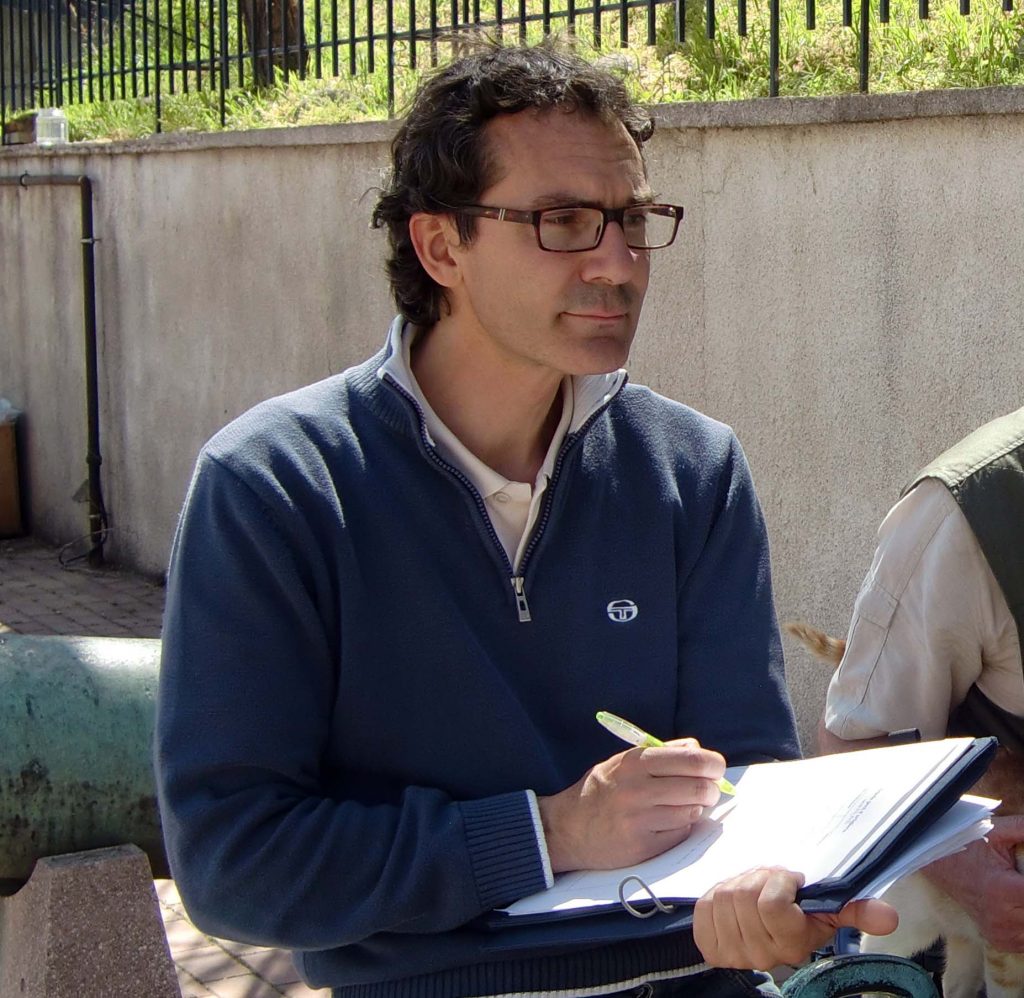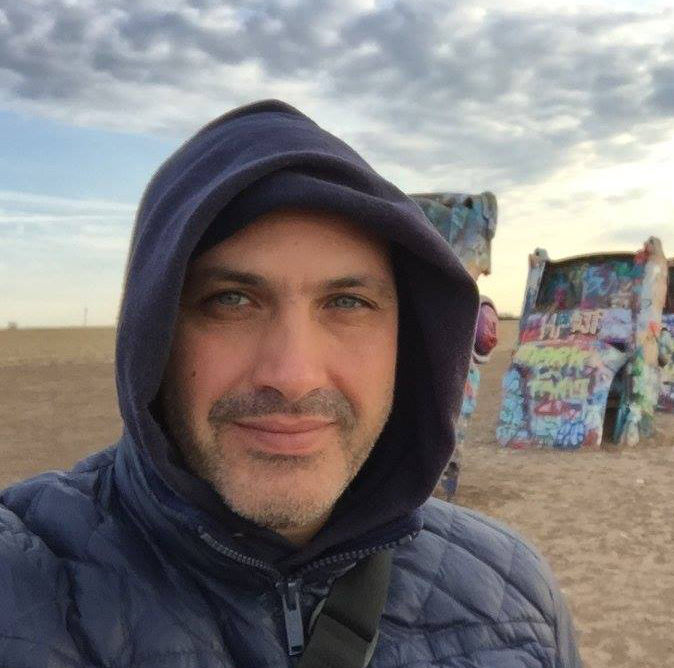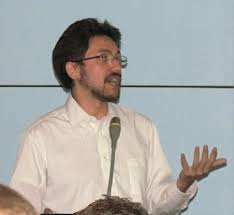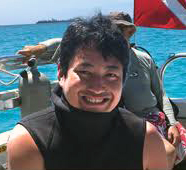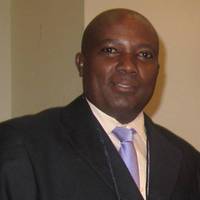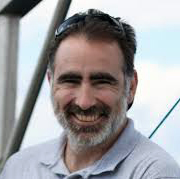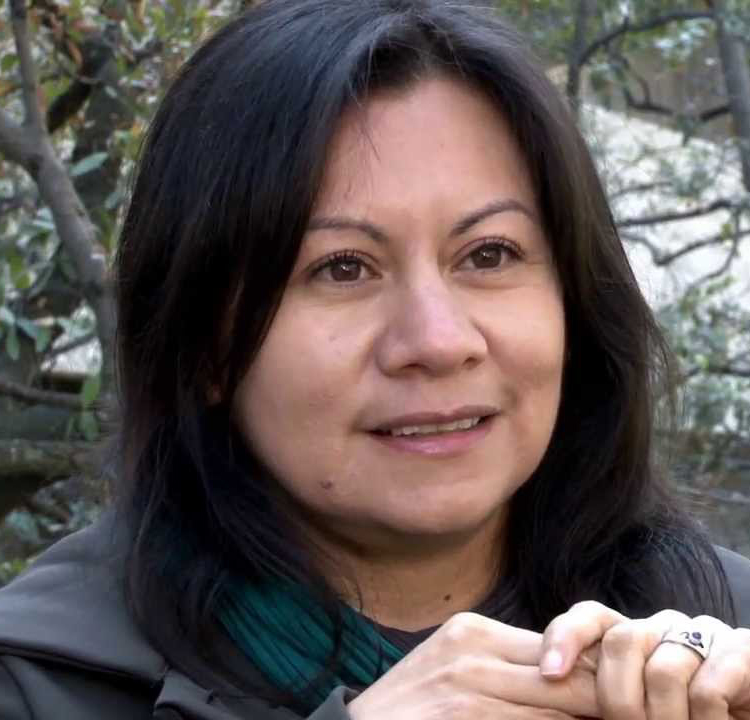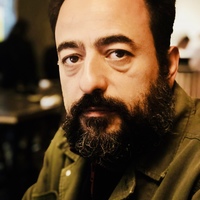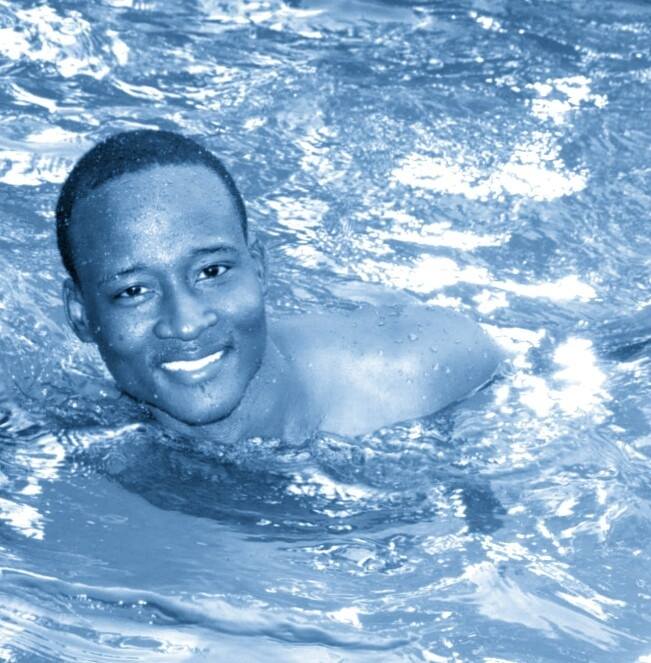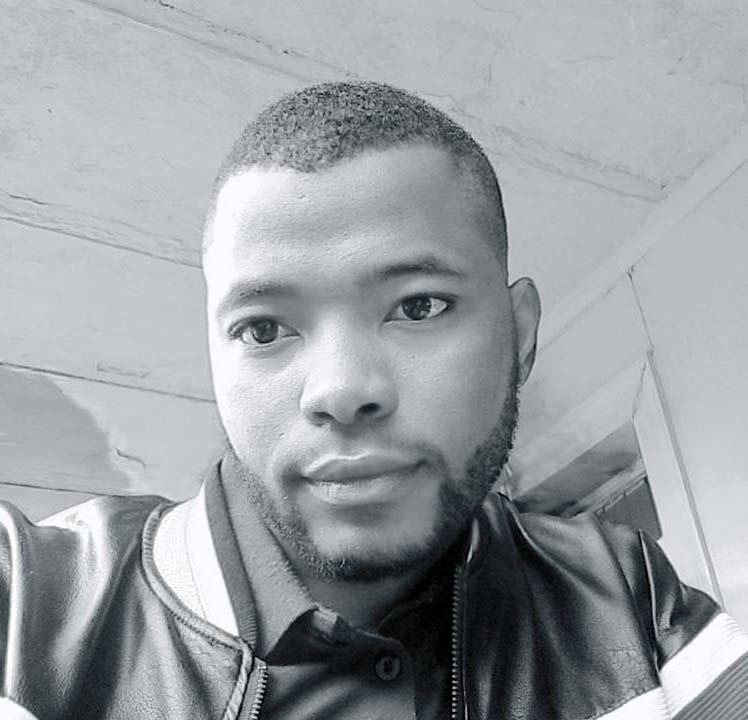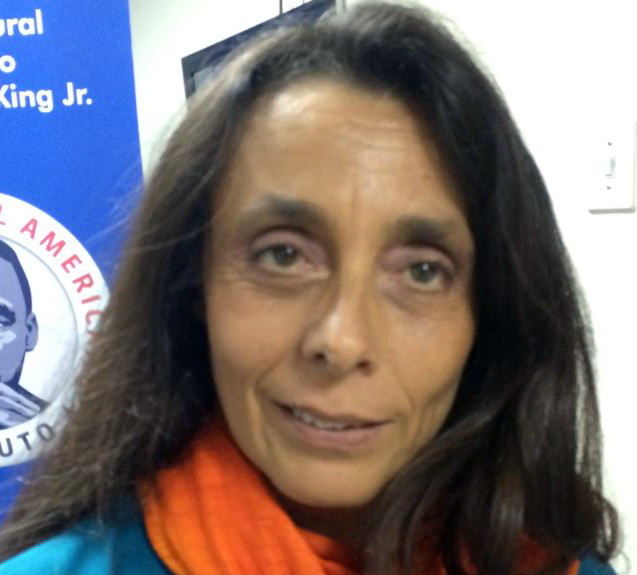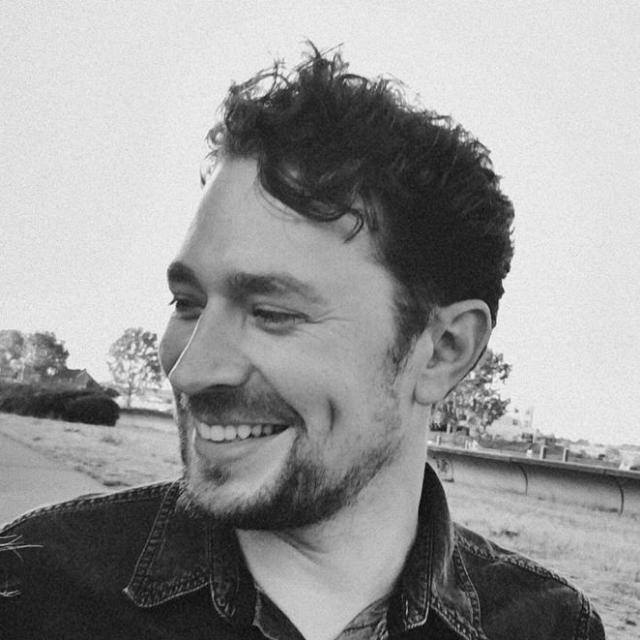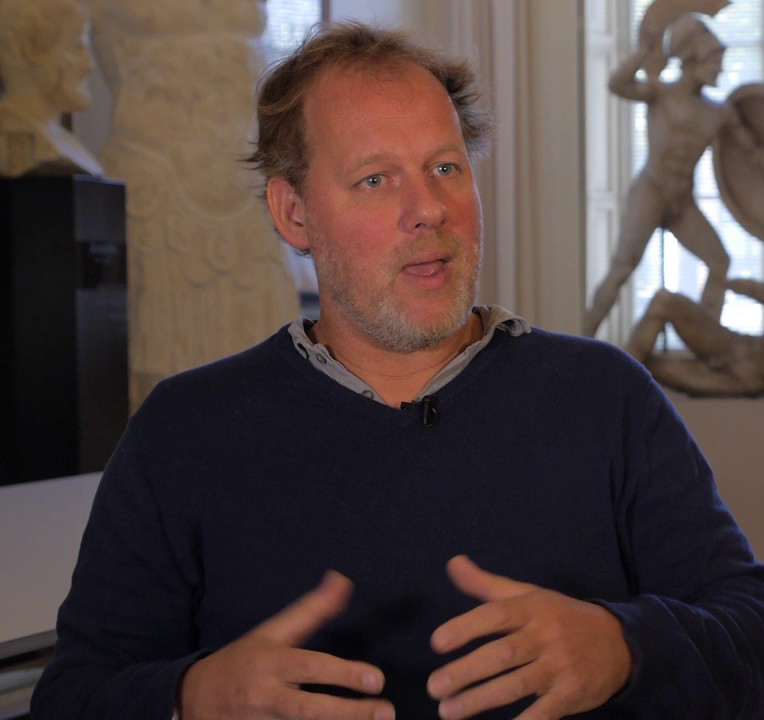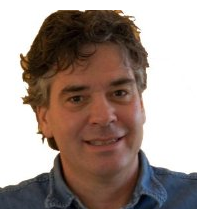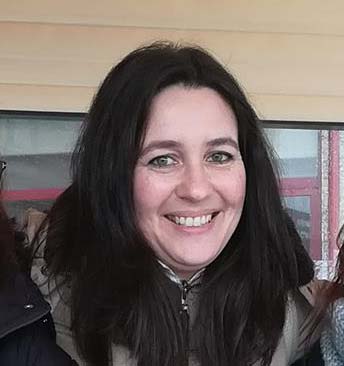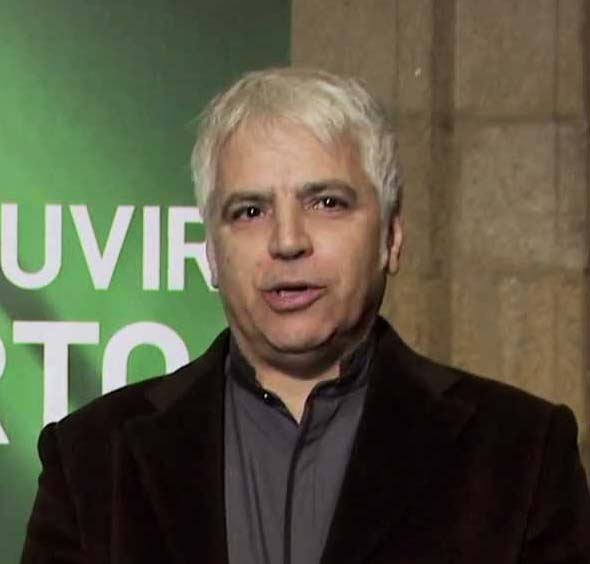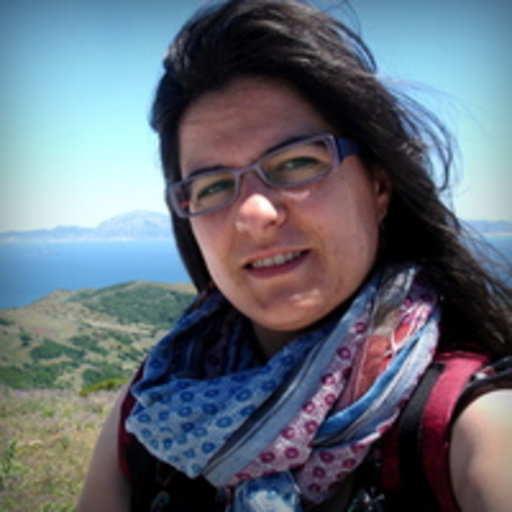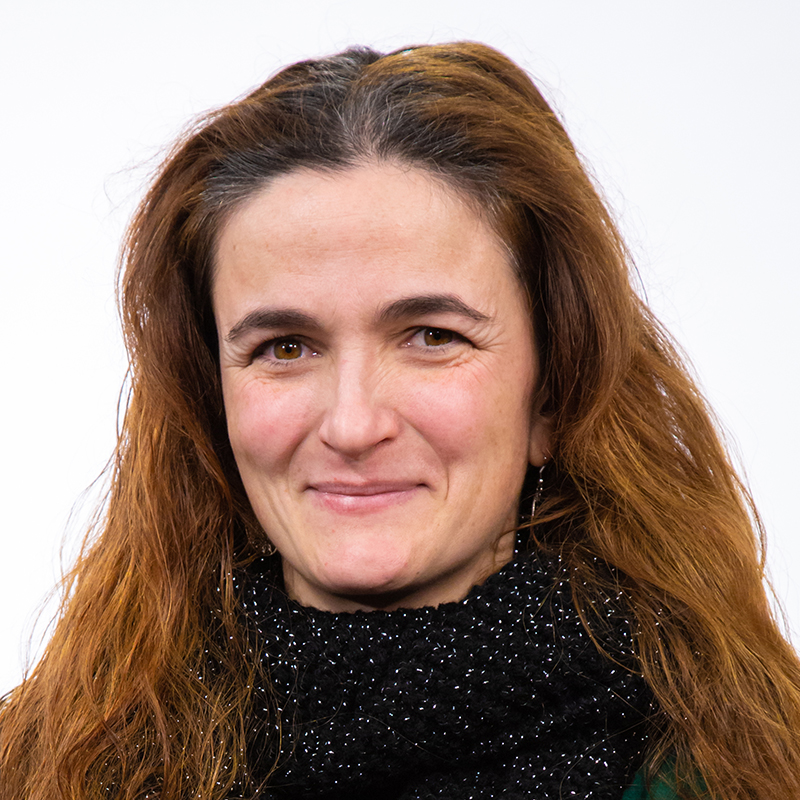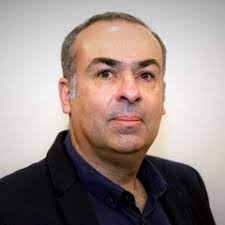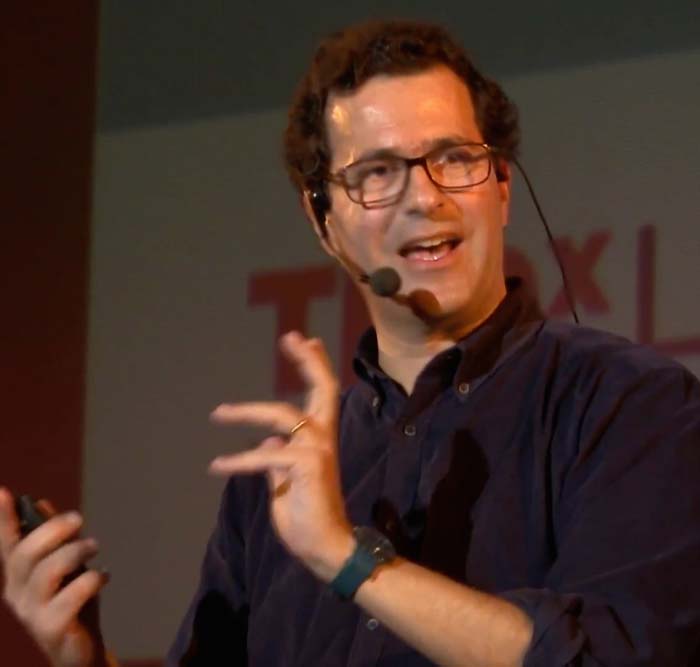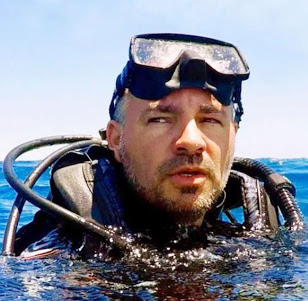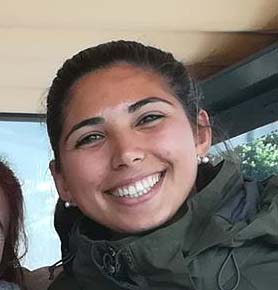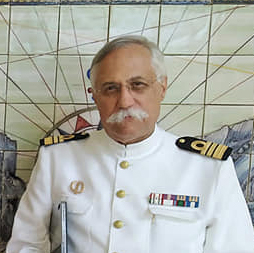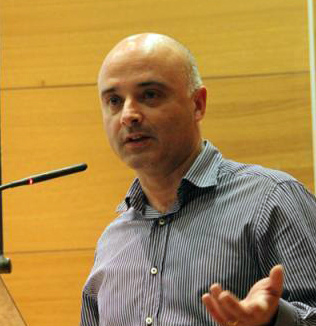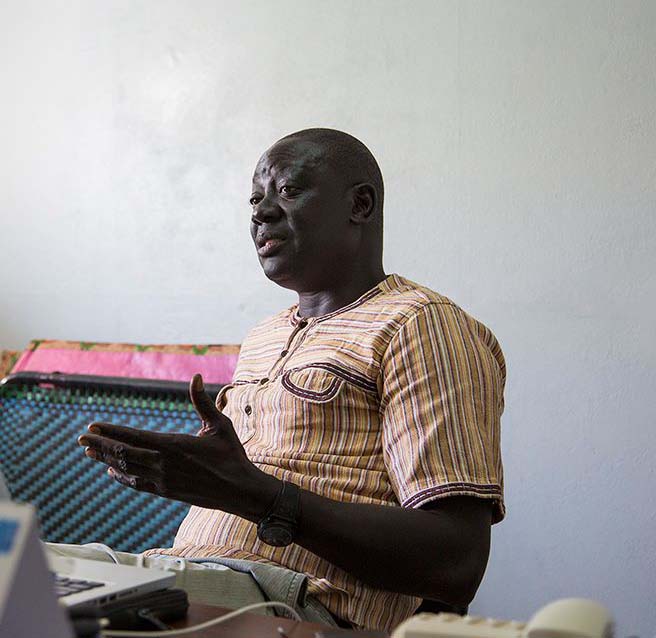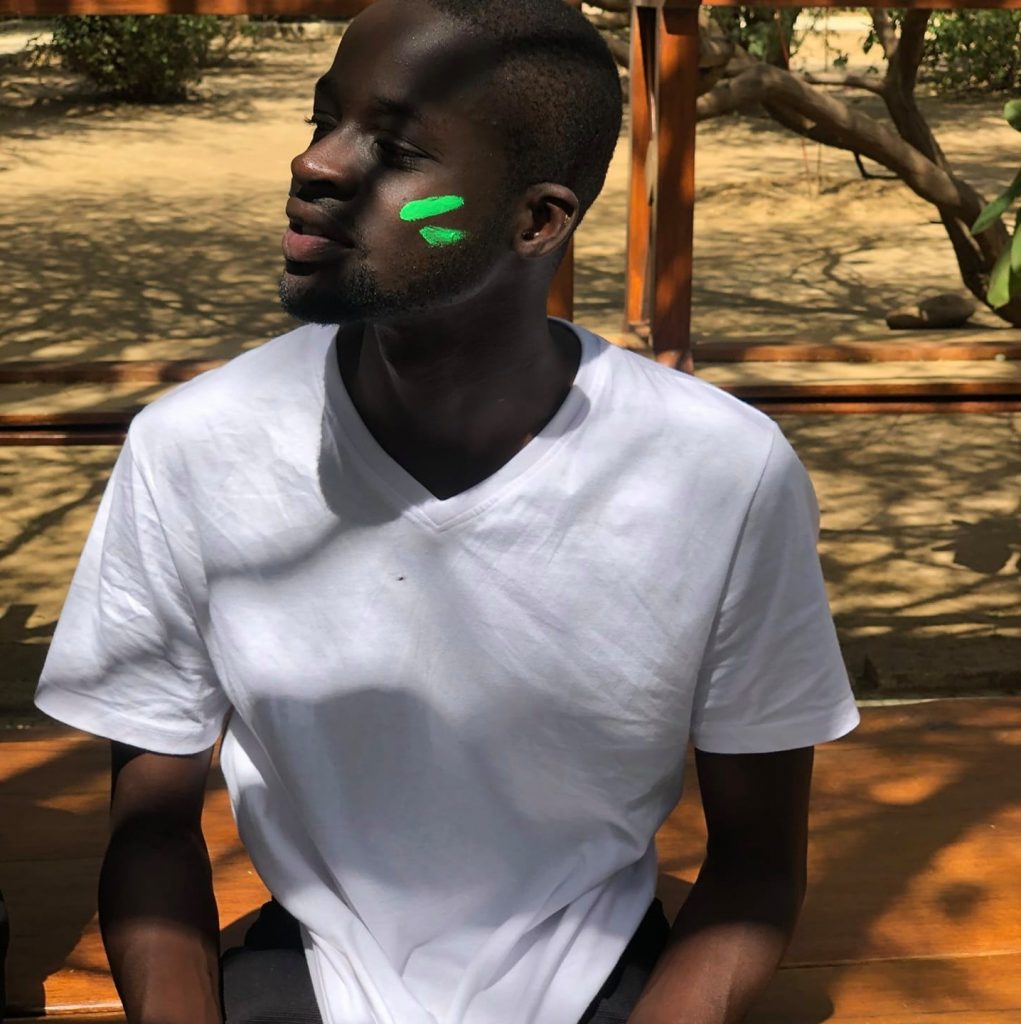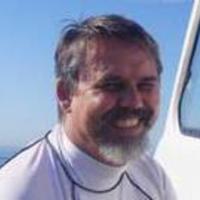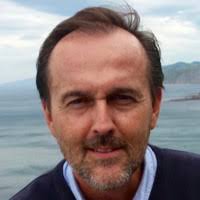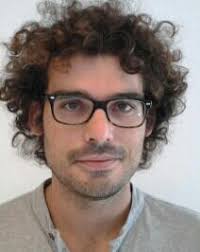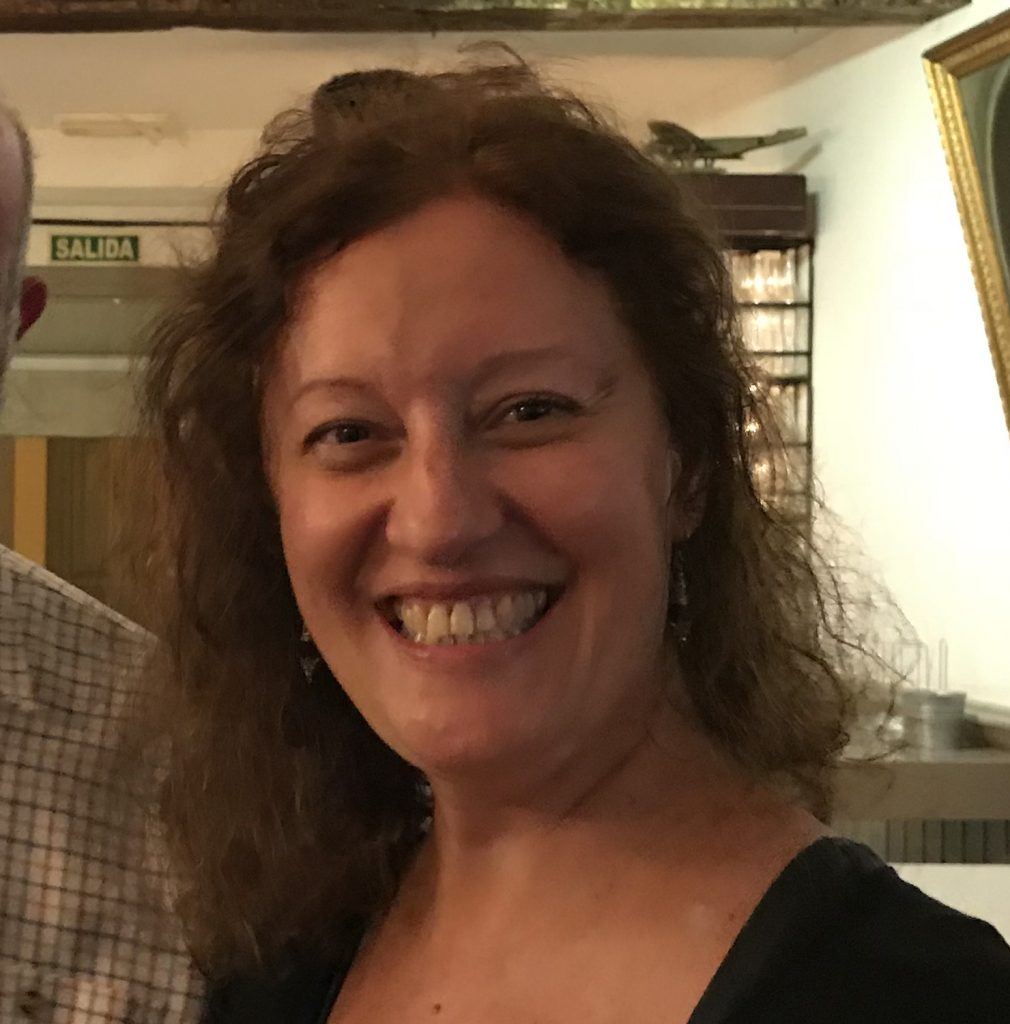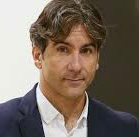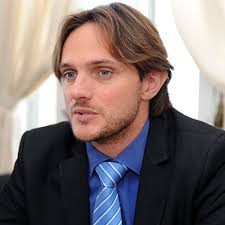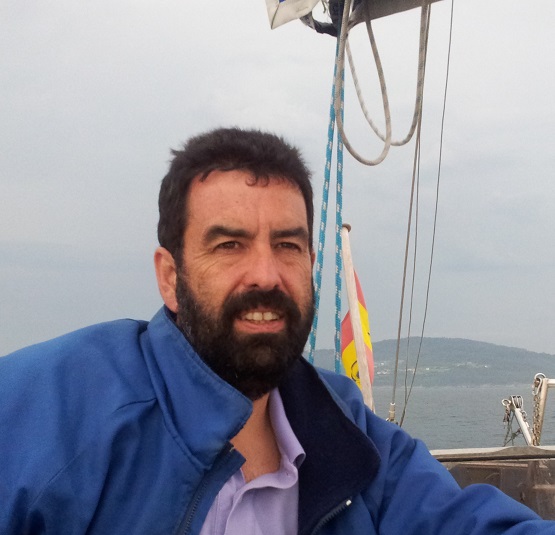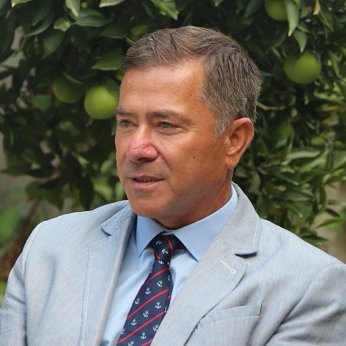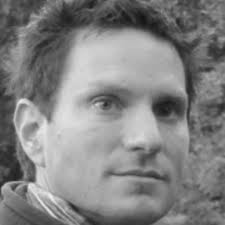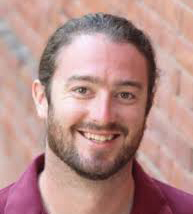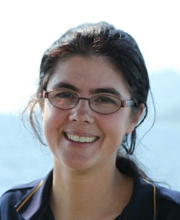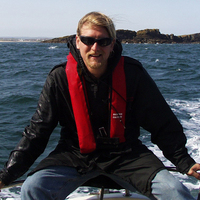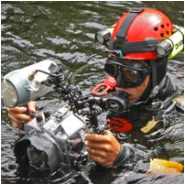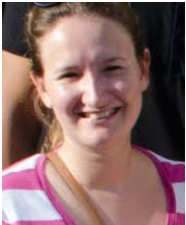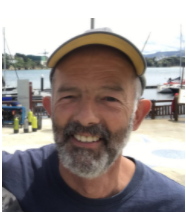Project Coordination
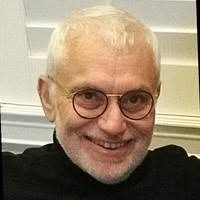
Ergun Akleman (Department of Visualization – Texas A&M University)
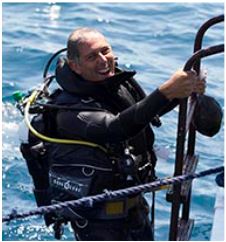
Filipe Castro (Department of Anthropology – Texas A&M University)
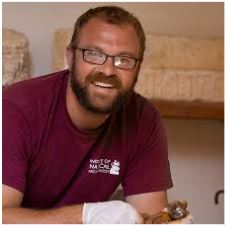
Christopher Dostal (Department of Anthropology – Texas A&M University)
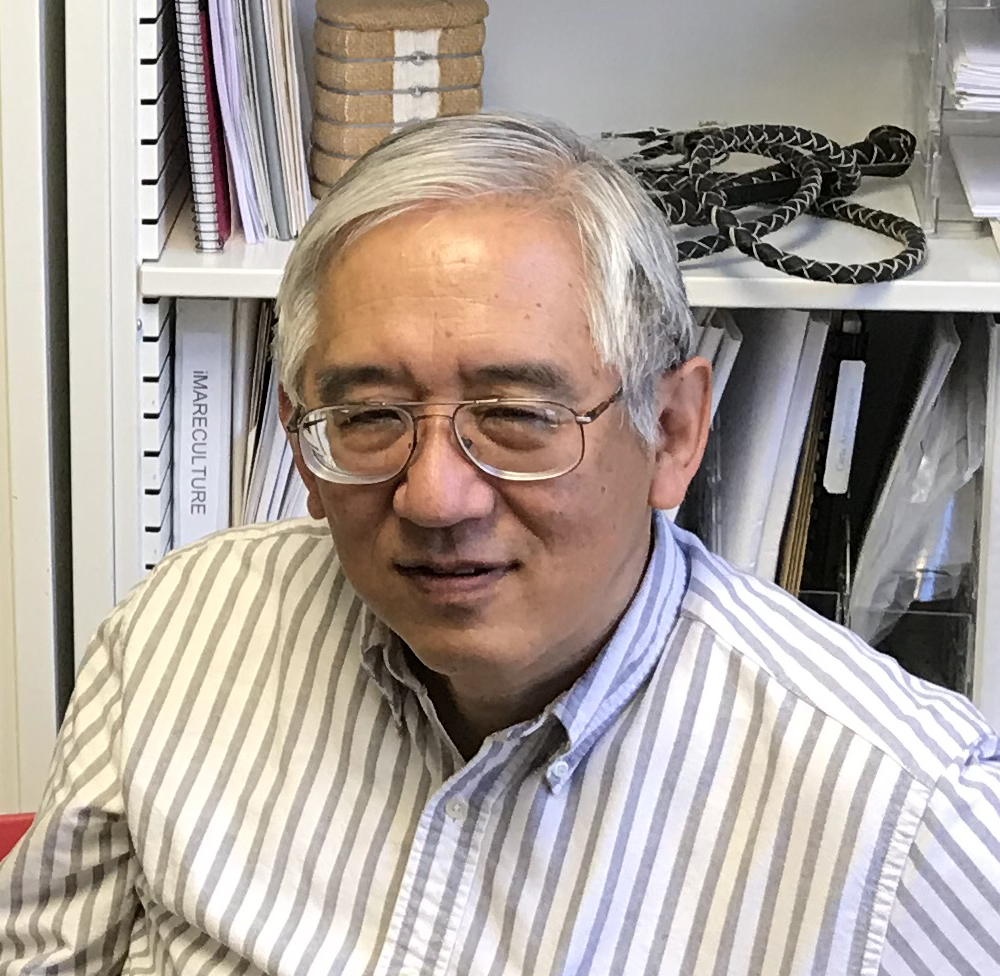
Richard Furuta (Department of Computer Science- Texas A&M University)
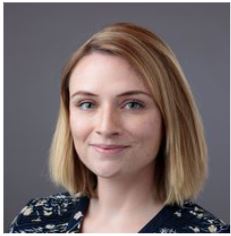
Cecilia Smith (University of Chicago)
Texas A&M Team
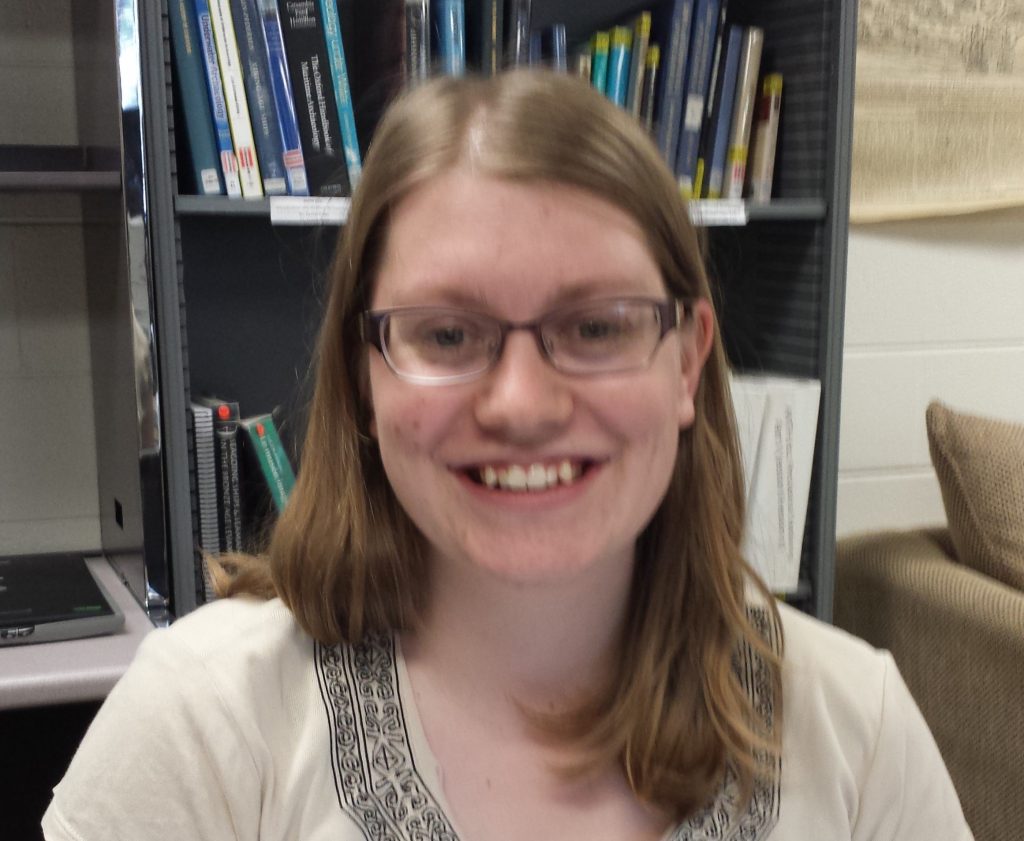
Patricia Schwindinger
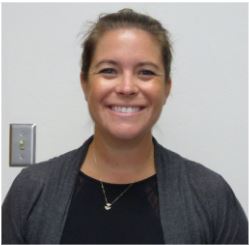
Bethany Becktell
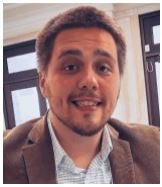
Stephen DeCasien completed his BA in Historical Studies with a minor in Ancient Greek at Stockton University in 2016 and his MA in Ancient History at the University of South Florida in 2019. He attended the American School of Classical Studies at Athens as part of the Summer Session group of 2018. He is currently a PhD student in the Nautical Archaeology Program, where his research focuses on Greco-Roman maritime history and archaeology with a special focus on naval warfare, naval rams, and warships. His academic interests also include the study of sex and gender in antiquity, especially concerning navies and naval monuments. He currently runs communications for RPM Nautical Foundation.
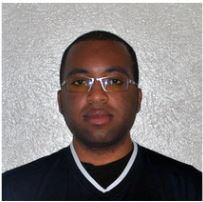
Gabriel Dzodom
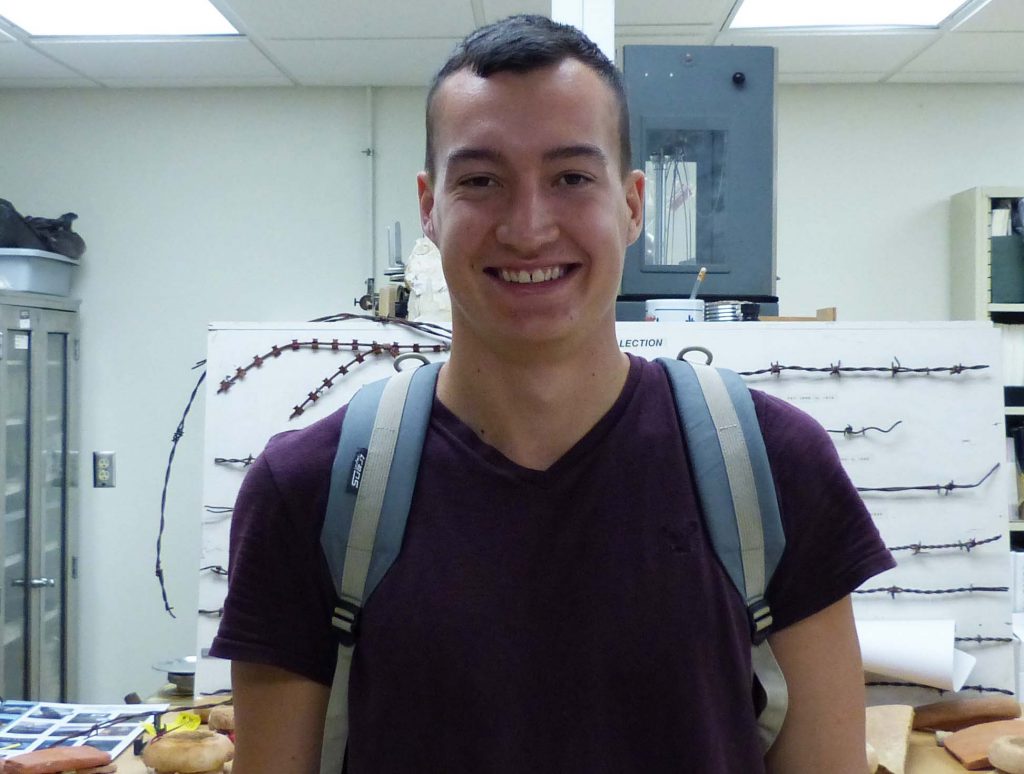
Joshua Farrar
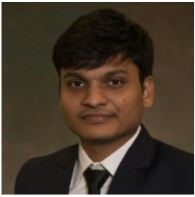
Dhaval Gada
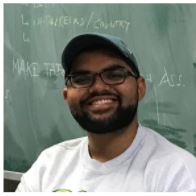
Naveed Khimani
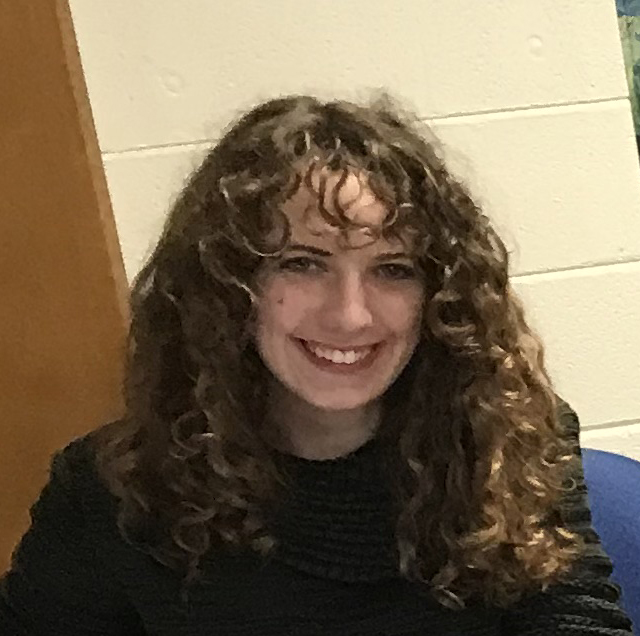
Alicia Kincaid
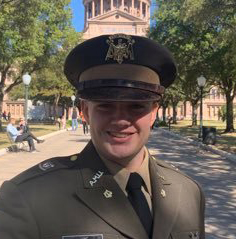
Zachary Mead
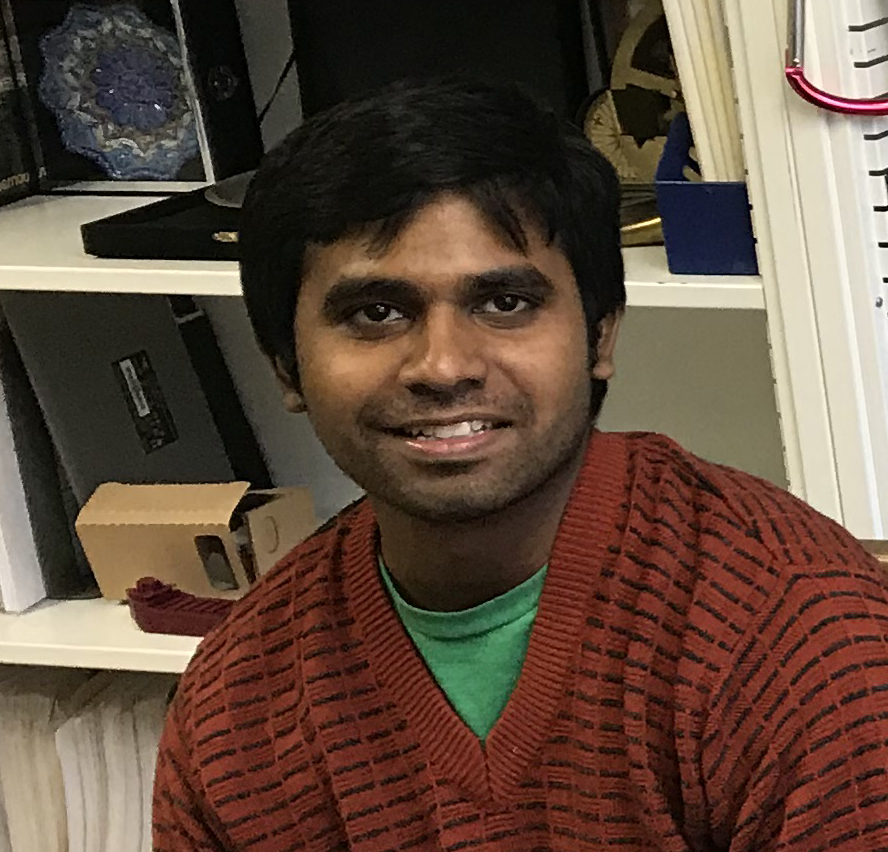
Mahesh Naidu
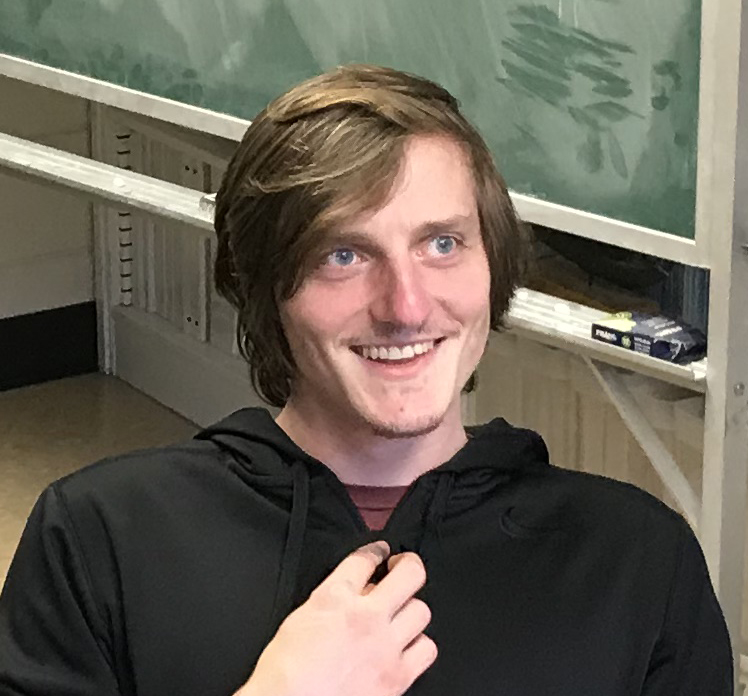
Kyle Pence
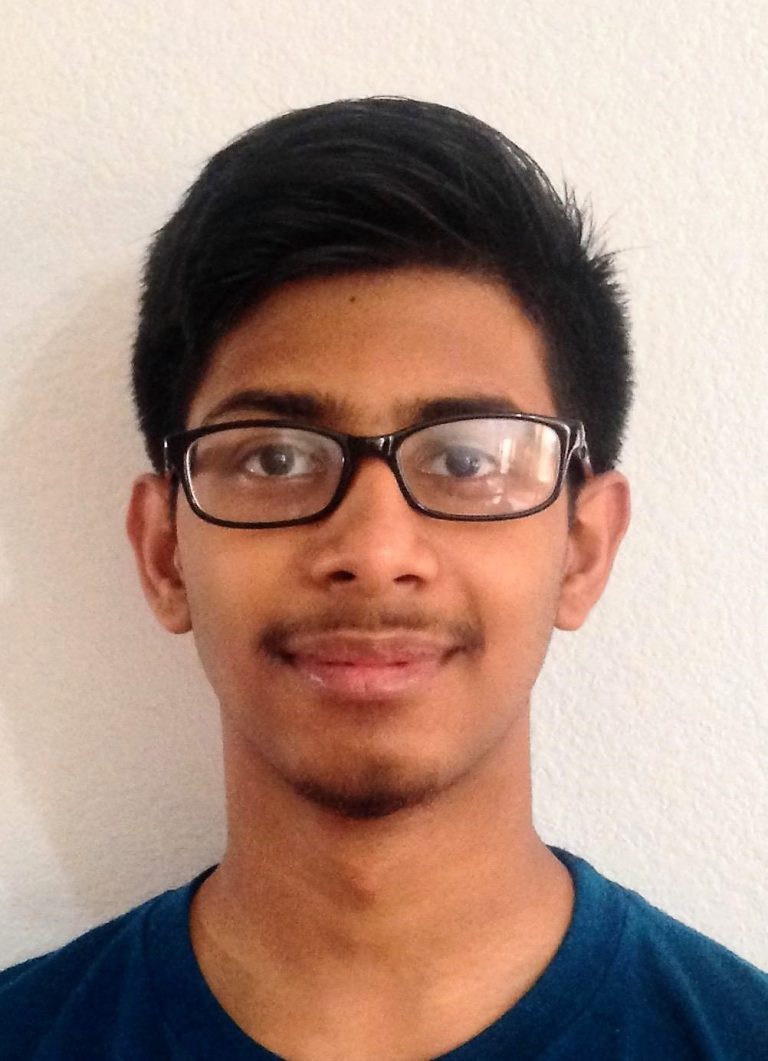
Muhammad Nauman
Research Associates
Algérie
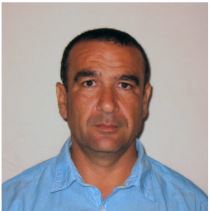
Amine Rahati – Ingénieur d’état en architecture navale, Magister en Hydrodynamique Navale. Enseignant au département Génie Maritime à l’université des sciences et de la technologie d’Oran depuis1998. En dehors de mon domaine académique, et depuis 2012, j ai entamé la reconstitution d un chebec algérien de 30 canons trouve dans une référence (1750) comme autodidacte. La reconstitution consiste en la modélisation numérique 3D et la réalisation du model en arsenal. Auteur d une communication dans le domaine de l archéologie navale, devenu aussi membre du conseil d orientations du
Argentina
Australia
Belgium
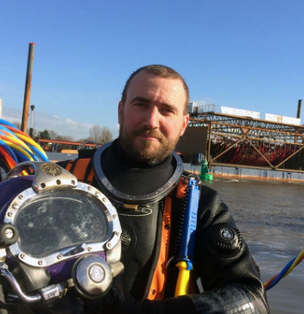
Jeroen Vermeersch – (°1981) studied archaeology in Leuven and Cologne and maritime archaeology in Southampton. He has been involved in the excavation and documentation of a variety of shipwrecks, including the Kizilburun Column Wreck in Turkey (summers of 2005-2007), the Newport Medieval Ship Project in Wales (2008), the monitoring of the early modern wrecks of Burgzand Noord and the International Fieldschool for Maritime Archaeology Flevoland in the Netherlands (2009-2010), De Kogge-project in Belgium (2010-2014), the Search-Project in Belgium (2015) and the IJsselcog-project in the Netherlands (2015-2016). Currently he is researching the medieval ship remains from the Scheldt basin as part of his PhD-project.
Brasil
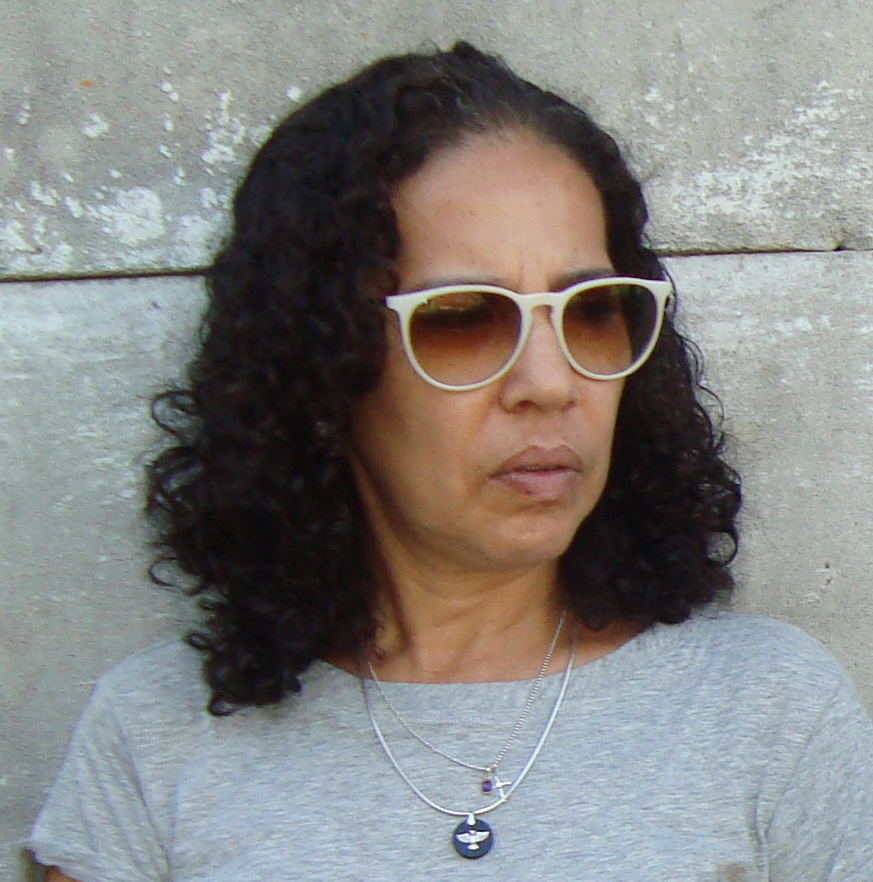
Denise Gomes-Dias – Universidade do Estado da Bahia (UNEB)
Cabo Verde
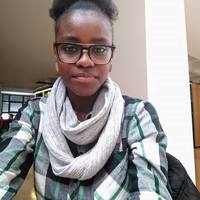
Nireide Pereira Tavares – Nireide P. Tavares, é doutoranda em Arqueologia pela Faculdade de Letras da Universidade de Lisboa. Tem debruçado a sua investigação sobre o património histórico e arqueológico tanto marítimo como terrestre de Cabo Verde. Colabora com o Instituto do Património Cultural, o organismo responsável pela gestão do património cultural do País.
Canada
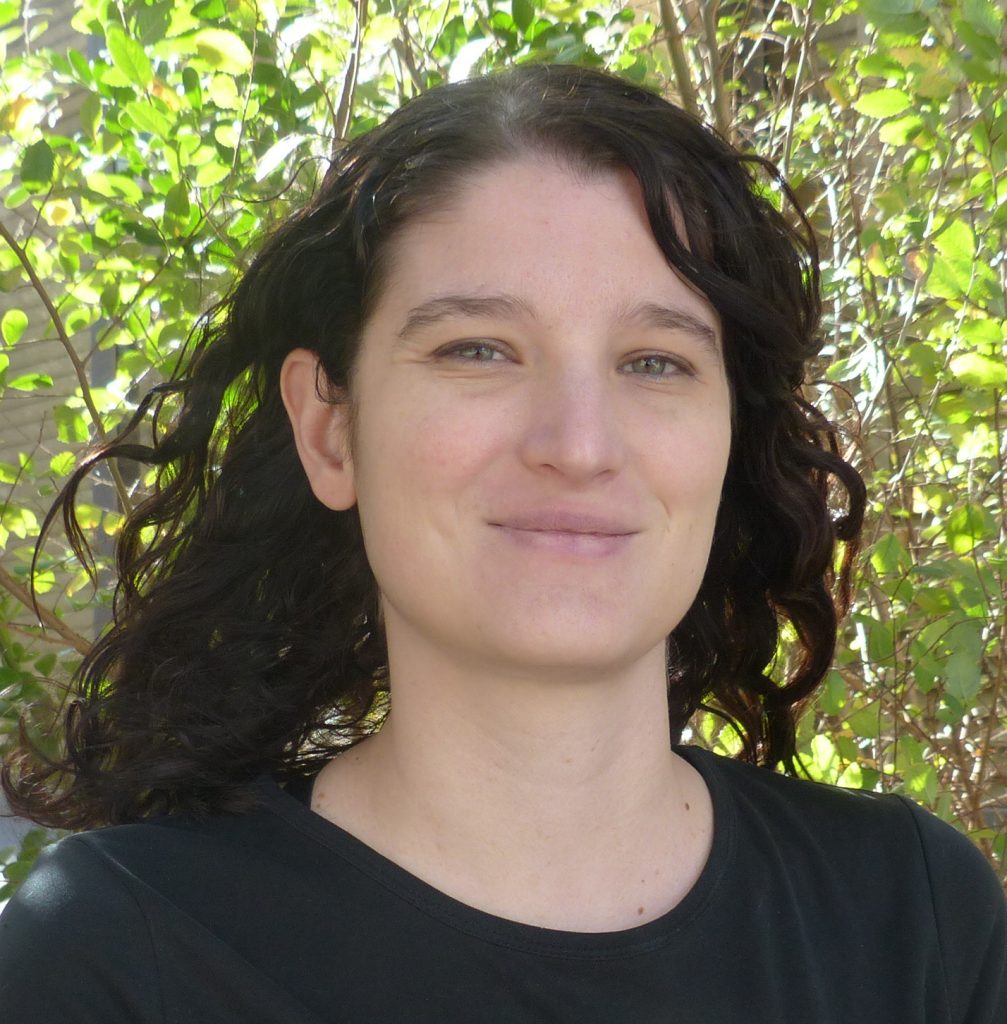
Marijo Gauthier-Bérubé – Texas A&M University
Chile
China
Colombia
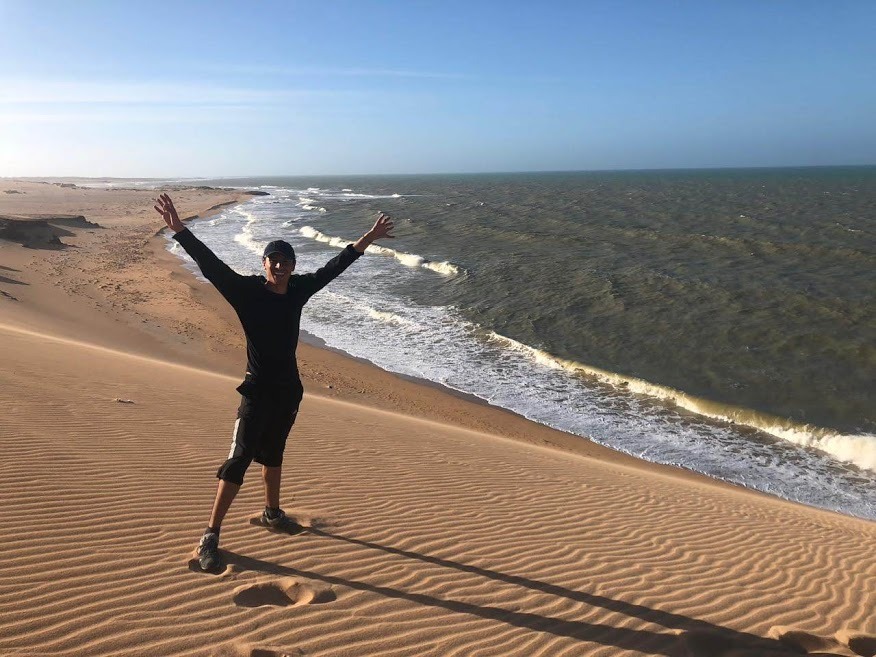
Jesús Alberto Aldana Mendoza – Archaeologist graduated in 2019 from the Faculty of Cultural Heritage Studies of the Universidad Externado de Colombia. Currently he is studying the Specialization in Submerged Cultural Heritage with emphasis on Underwater Archaeology at the same university where, likewise, he is a researcher of the study groups “Territorios Líquidos” and “Arqueología de la Guerra y los Campos de Batalla “. He has worked on various projects around Colombia related to regional archaeology and maritime archaeology, and his main interest is focused on nautical archaeology. His investigations have been mainly oriented to the study, management and dissemination of the Submerged Cultural Heritage of Colombia by proposing jointly different protocols, declarations, management plans, explorations and products for the protection of terrestrial, coastal, intertidal and underwater archaeological contexts. He is a PADI Open Water and Open Water Advance certified diver
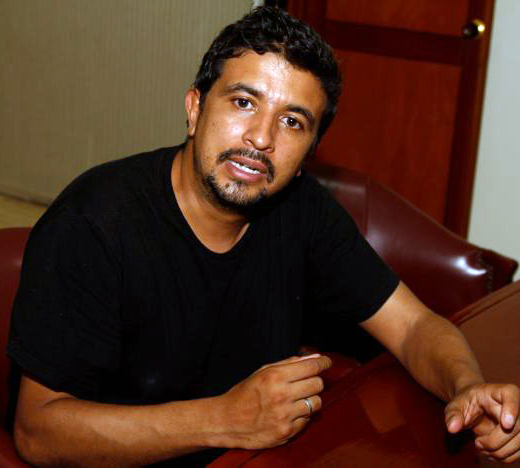
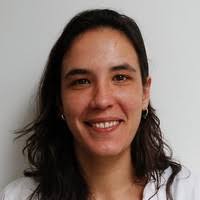
Carla Riera Andreu – Graduate in Fine Arts with itinerary in Conservation and Restoration at the University of Barcelona,
and Master’s Degree in Conservation and Restoration at the Polytechnic University of Valencia. At the same time, she has been trained in conservation and restoration of underwater archaeological material: impregnation of organicmaterials with polysiloxanes at the Center for Underwater Archeology – Andalusian Institute of Historical Heritage (CAS-IAPH) in Cádiz, Spain; in conservation and restoration of metallic remains of underwater origin at the International Center for Undewater Archeology (ICUA), Croatia; and has completed different levels of NAS (Nautical Archeology Society) training with
the Société d’Etudes en Archéologie Subaquatique (SEAS), France. Currently works as a teacher and researcher at the Faculty of Cultural Heritage Studies in the Universidad Externado de Colombia where is: coordinator of the postgraduate Specialization in Submerged Cultural Heritage and academic coordinator of the Research Center of the Faculty of Studies of Submerged Cultural Heritage.
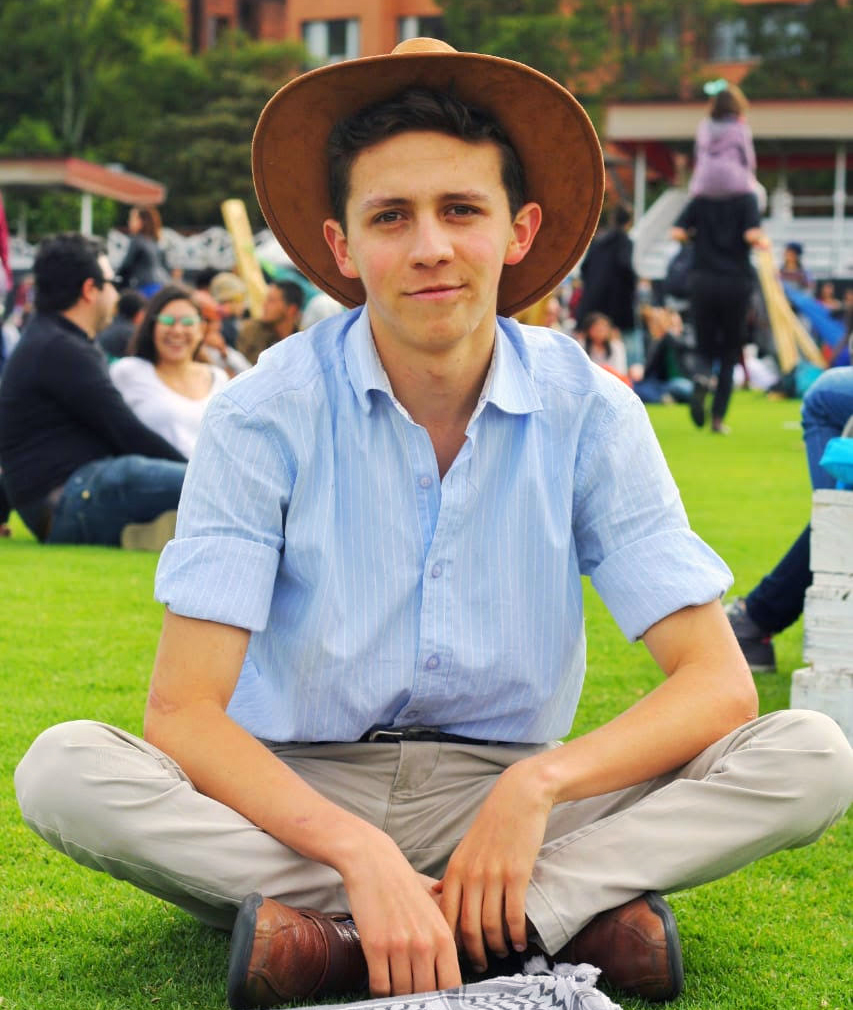
Juan David Sarmiento – Anthropologist from the Faculty of Social and Human Sciences and student of Archaeology at the Faculty of Cultural Heritage Studies at the Universidad Externado de Colombia, where is a member and monitor of the Study Group “Territorios Líquidos”. He has been a speaker at various congresses in Colombia and Portugal, has a PADI Open Water diving course and has worked on various academic and labor research projects, framed on anthropology and archaeology topics, in different regions of Colombia such as Cartagena de Indias, La Guajira, Providencia and Santa Catalina, Guatavita, Funza and Sibaté.
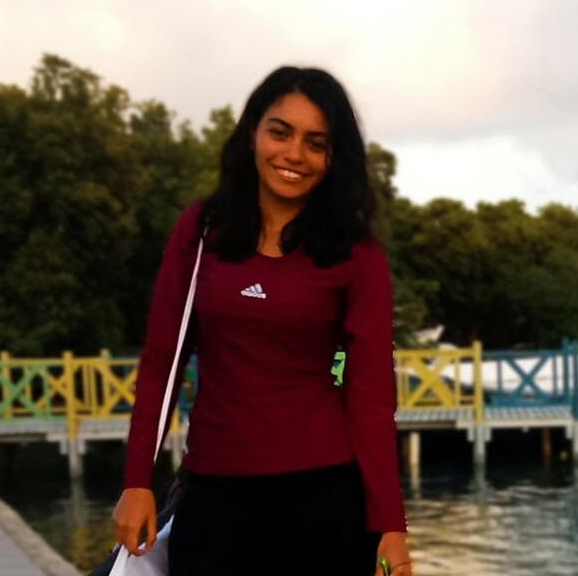
Victoria Baez Santos – Archaeologist graduated from the Universidad Externado de Colombia. She has participated in research on historical and maritime archeology in areas such as Cartagena de Indias and Providencia and Santa Catalina. She did an exchange semester at the National School of Anthropology and History (ENAH). Likewise, she participated in a research project of the Subdirectorate of Underwater Archeology of the National Institute of Anthropology and History of Mexico (INAH) in Acapulco (State of Guerrero). She has been a member of the Study Group “Territorios Líquidos” of the Universidad Externado de Colombia since 2015, where she was also a monitor during 2016.
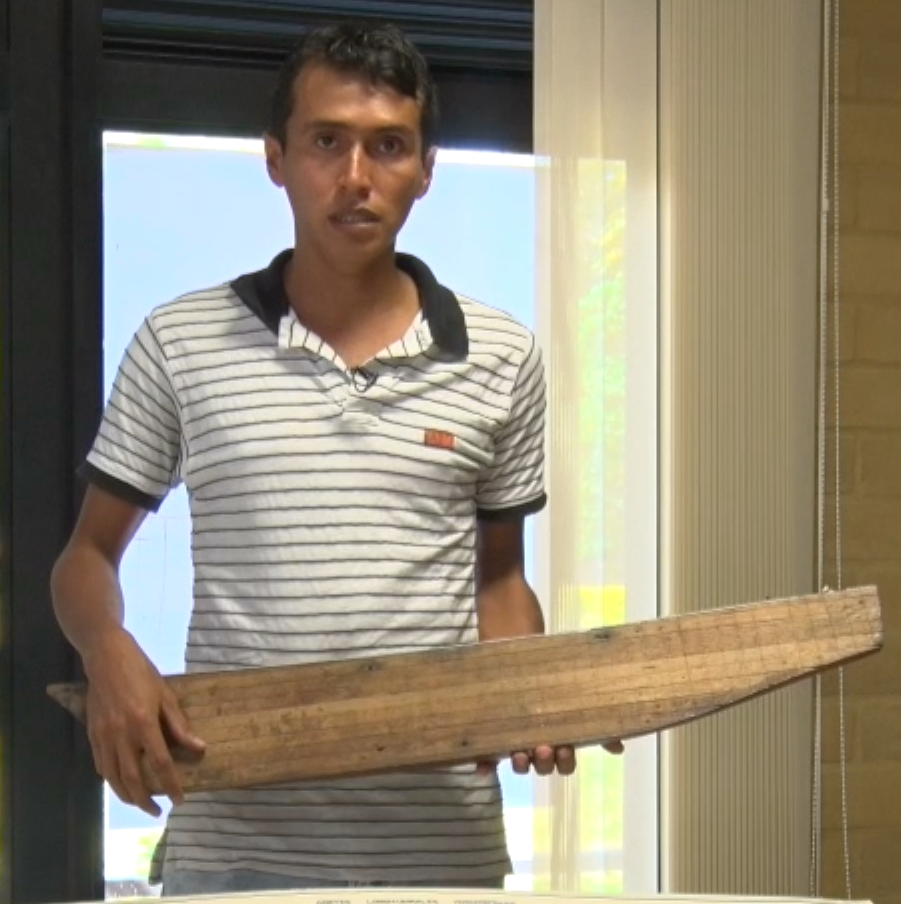
Rene Estupiñan – Medellin
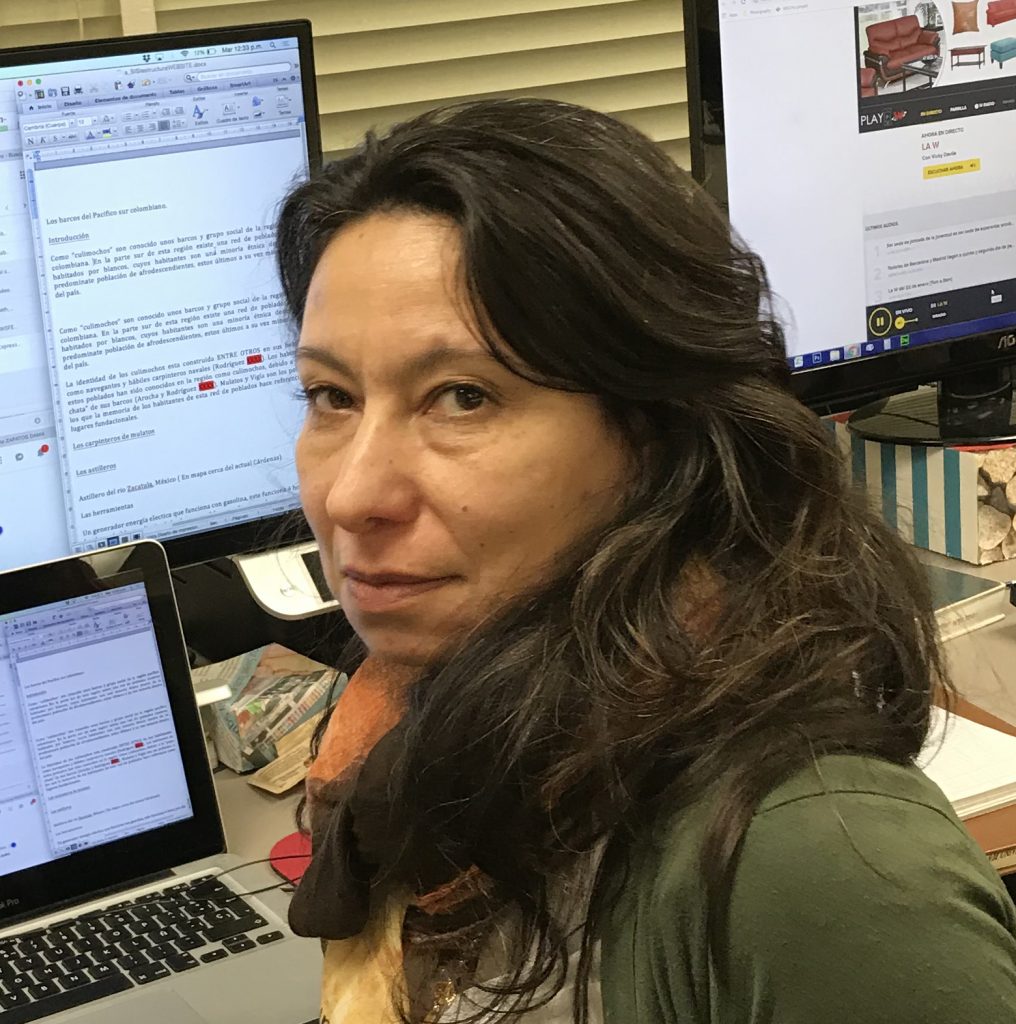
Elizabeth Parra (Facultad de Minas) – Universidad Nacional de Colombia (Medellin)

Jaime I. Velez (Facultad de Minas) – Universidad Nacional de Colombia (Medellin)

Fabian Zuleta (Facultad de Arquitectura) – Universidad Nacional de Colombia (Medellin)
Croatia
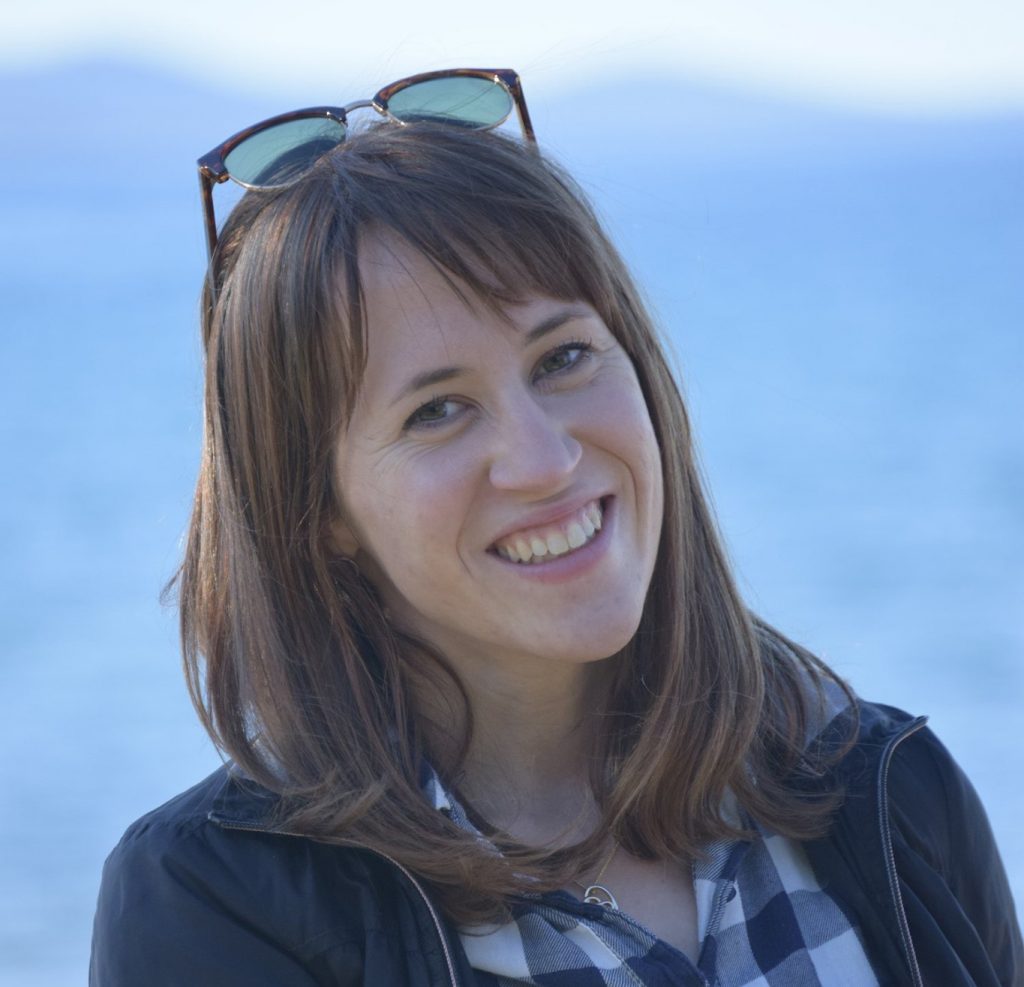
Katarina Batur – University of Zadar
Cyprus
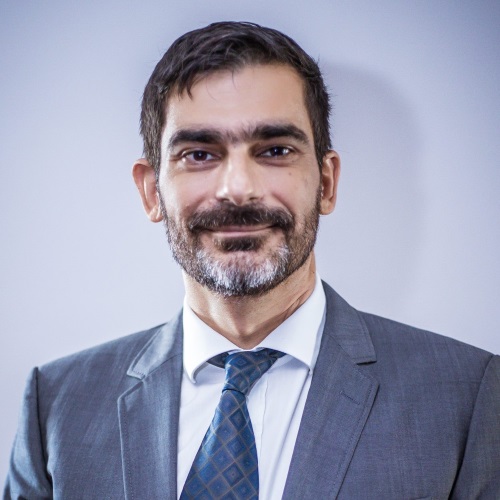
Dimitrios Skarlatos – Cyprus University of Technology – Associate Professor in the department of Civil Engineering and Geomatics in Cyprus University of Technology, and currently serves as department’s Vice Chair. He holds a Dipl. Eng. in Rural Surveying from National Technical University of Athens (NTUA), M.Sc. with distinction from University College London (UCL) and a Ph.D. from NTUA in digital photogrammetry. During his studies, he earned scholarships and awards, including ‘Diomedes Komninos’ award from NTUA, ‘Hotine Exhibition Award’ from UCL, ‘Prize in Photogrammetry’ from Royal Institute of Chartered Surveyors (RICS, UK), ‘Lambadarios’ scholarship (after written exams) and ‘Lambadarios’ Award (highest GPA in geodetic classes) from Athens Academy, scholarship from National Scholarship Foundation, ‘Best diploma thesis award’ from Technical Chamber of Greece, and a short scholarship from EuroSDR (European Spatial Data Research Network). He is member in several professional and scientific committees. He has served as member of board in Hellenic Society of Photogrammetry and Remote Sensing (2003-2019), and Vice President of Cypriot Association of Rural and Surveying Engineers for one term (2014-2016). He is the academic representative of Cyprus in EuroSDR (since 2010) and co-chair in International Society of Photogrammetry and Remote Sensing, Commission II (2016-2020), Working Group 9, about underwater photogrammetry.
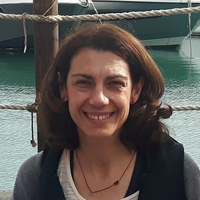
Stella Demesticha – University of Cyprus – is a maritime archaeologist, with special interest in shipwrecks amphoras, ancient seaborne trade routes and economy in the Eastern Mediterranean. Over the past 20 years, she has participated in 15 land and underwater archaeological projects in Greece and Cyprus. Since 2007 she directs the Mazotos Shipwreck project in Cyprus.
Her completed her Undergraduate studies at National University of Athens, Greece (in Archaeology, Department of History and Archaeology, Faculty of Philosophy, 1992) and she continued at the Department of History and Archaeology of the University of Cyprus, where she got her PhD in Archaeology, in 2002. She worked in head of Museums Dept in the Piraeus Bank Group Cultural Foundation (2000- 2006). She has taught Maritime Archaeology in the University of Peloponnese (2006) and currently in the University of Cyprus (since 2007 as visiting lecturer). She is an active member of the Hellenic Institute of Marine Archaeology since 1992.
Ecuador

Carlos Pacheco – Centro de Investigación e Interpretación – Zonal 4
Complejo Arqueologico Hojas-Jaboncillo

Jose Chancay – Centro de Investigación e Interpretación – Zonal 4 Complejo Arqueologico Hojas-Jaboncillo

Juan Jijón – Centro de Investigación e Interpretación – Zonal 4
Complejo Arqueologico Hojas-Jaboncillo
Egypt

Ahmed Galal – Centre Of Maritime Archaeology, Alexandria University
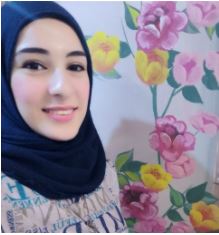
Aya Mohamed Helmy – Centre Of Maritime Archaeology, Alexandria University.
Aya is a postgraduate student at center of maritime archaeology and underwater cultural heritage, Alexandria university. She studied Greek and Roman archaeology, then specialized in maritime archaeology. She is interested in studying shipwrecks, history of ships and shipbuilding techniques. She participated in several conferences and workshops related to maritime archaeology. Aya has two years of experience working as a tour guide, she had worked at Bibliotheca Alexandrina antiquities museum, and at Alexandria national museum as well.
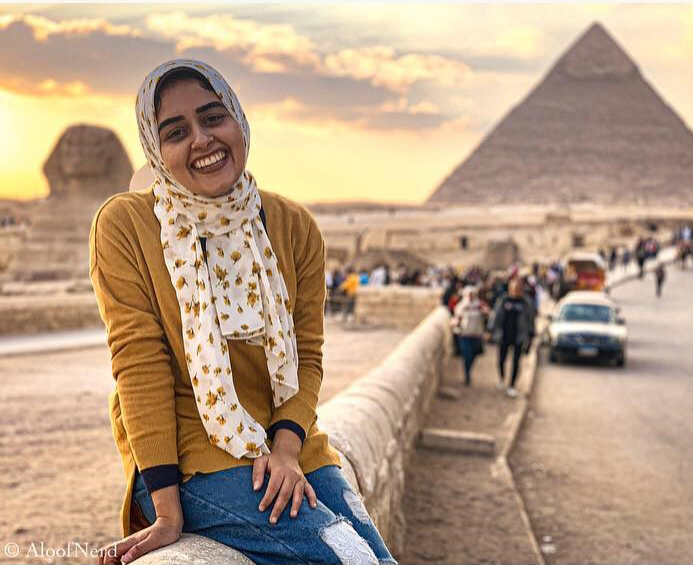
Aya Omar graduated in 2019 at the Faculty of archaeology, Greek & Roman Department , Cairo University. In that same year she was awarded the Honor Frost Foundation Studentship to enrole at the MA in Maritime Archaeology at the Alexandria University, Centre for Maritime Archaeology & Underwater Cultural Heritage, under the supervision of Dr. Emad Khalil.

Yomnam Osman – Centre Of Maritime Archaeology, Alexandria University

Mahmoud Sakr – Centre Of Maritime Archaeology, Alexandria University

Yousra Samir – Centre Of Maritime Archaeology, Alexandria University
England
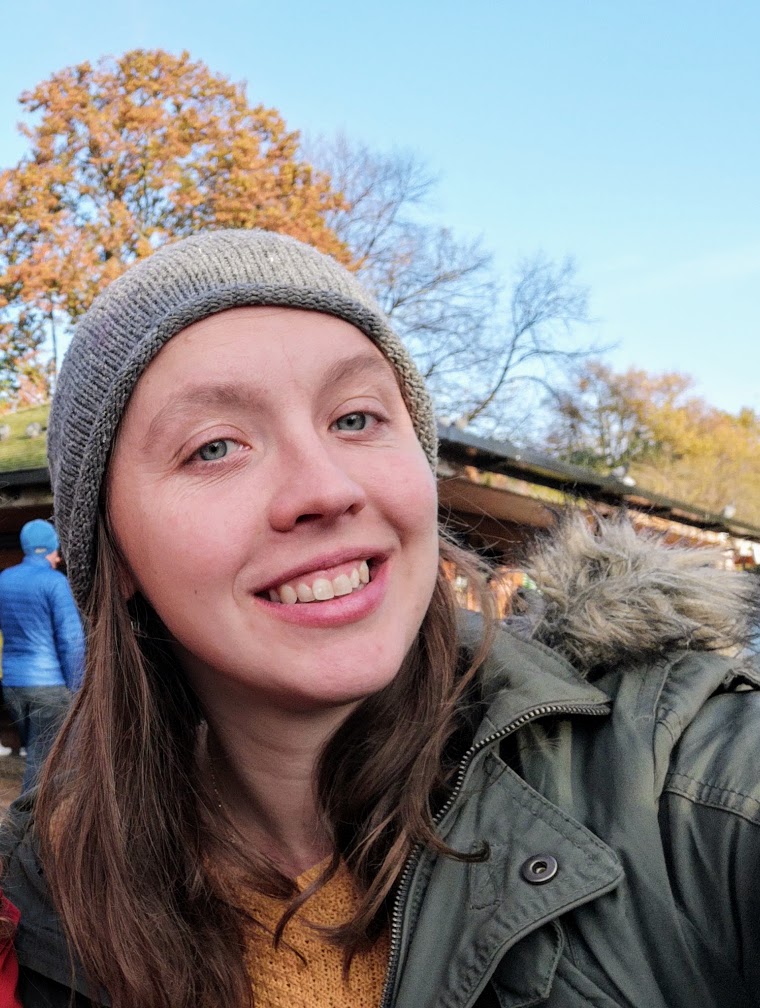
Christin Hemagi – Maritime Archaeology Trust – Christin is a Senior Consultant with Maritime Archaeology (MA). She is responsible for planning and developing a wide range of commissioned archaeological projects. Christin has developed an extensive knowledge of the geophysical aspects of large projects in terms of managing large datasets, gathering, processing, analysing and identifying archaeological potential from the various datasets. She also leads on environmental archaeological projects, including various geoarchaeological aspects. She is highly familiar with onshore and offshore coring techniques and is adept with archaeological sediment recording and sampling. She also work as a Maritime Archaeologist for the Maritime Archaeology Trust. Her role for the MAT includes working on a wide range of research projects related to the marine historic environment, with emphasis on the investigation and analysis of shipwrecks. As a diving supervisor she leads on a number of underwater projects in various countries taking responsibility for the planning, organisation, safety and the completion of diving fieldwork
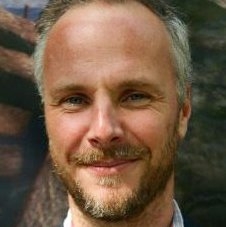
Brandon Mason – Maritime Archaeology Trust
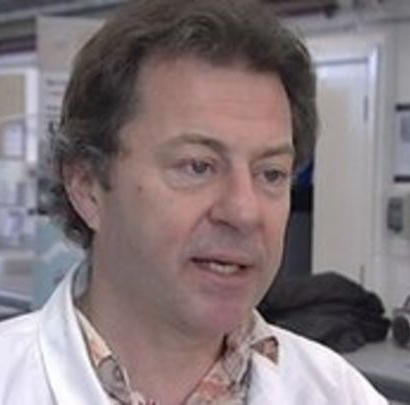
Gary Momber- Maritime Archaeology Trust
France
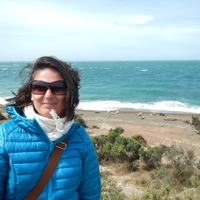
Gaëlle Dieulefet – University of Nantes – Associate-professor, fully accredited diver (IIB) specialized in coastal and maritime archaeology of the modern and contemporary periods. Work focuses on transatlantic connections (Europe-America) and the material culture of ship’s crews and maritime societies.
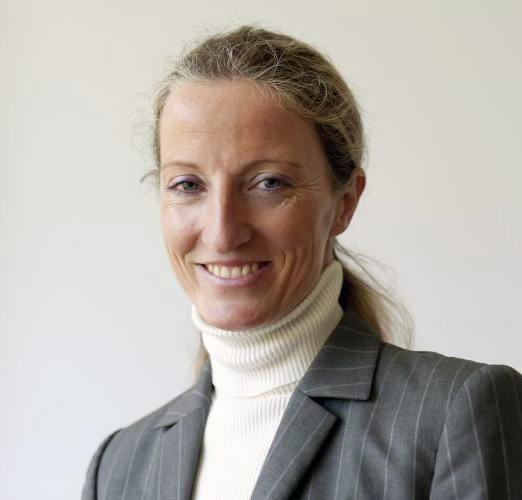
Ulrike Guerin – UNESCO – Paris
Greece
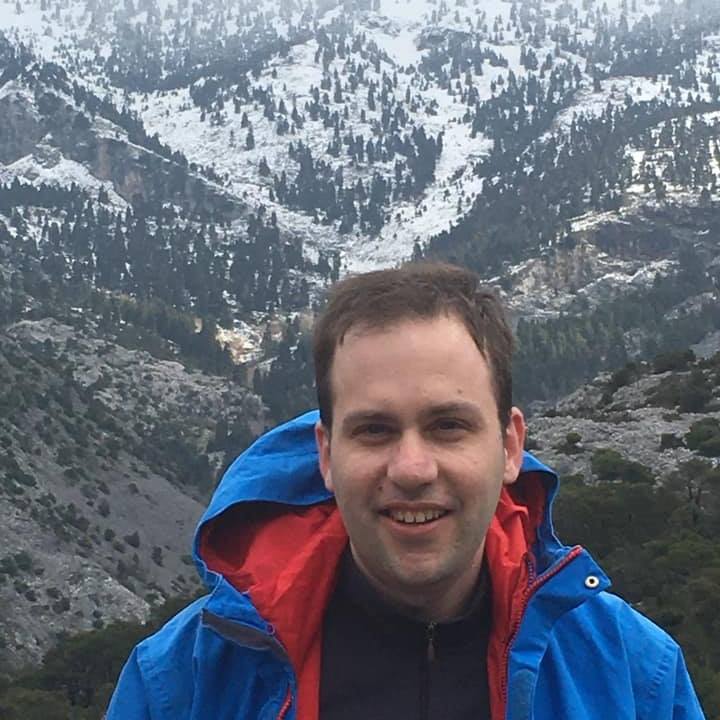
Georgios Karadimos
Iran
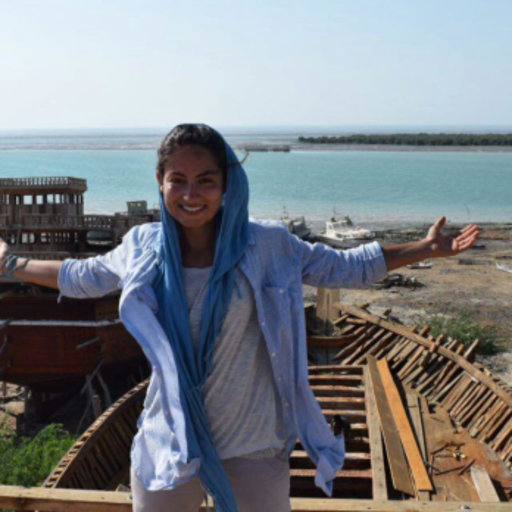
Shadi Kalantar – University of Tehran
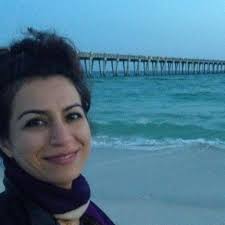
Ireland
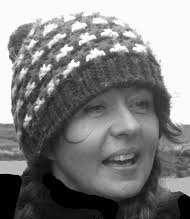
Connie Kelleher – Dr Connie Kelleher is a graduate of NUI Cork, where, after her BA degree, she completed an M.A. degree in archaeology on ‘The Maritime Archaeological Landscape of Baltimore, Co. Cork’. Her doctoral thesis from Trinity College Dublin looked at ‘The Confederacy of Pirates in Southwest Ireland in the Early Seventeenth-Century – Trade, Plunder and Settlement: a historical and archaeological study’. She delivers the ‘Introduction to Underwater Archaeology’ section of the course to second year undergraduate students here in the Department, while her full-time position is as State Archaeologist with the Underwater Archaeology Unit (UAU), National Monuments Service, Department of Arts, Heritage and the Gaeltacht (DAHG). Dublin
Italy
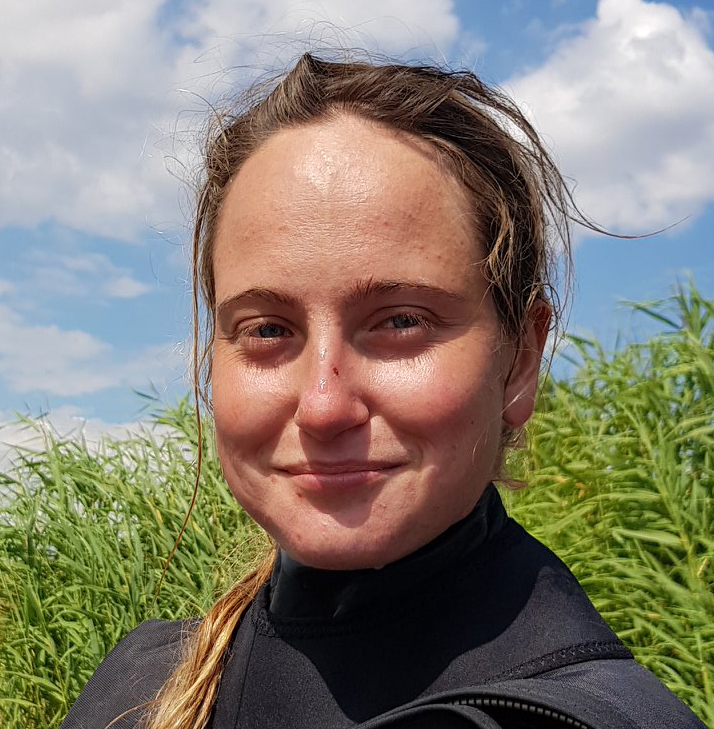
Beatrice Frabetti – She completed a bachelor degree in Physics at the university of Trieste (2015), a bachelor degree in Sciences of Antiquity at the University of Venice (2017), where she focused on the study of ancient languages (Greek, Latin, Akkadian and Biblical Hebrew) and a Master degree in Maritime Archaeology at the University of Southern Denmark (2020). She is a fully accredited commercial diver (HSE Surface Supplied Diver) and has worked as such in Denmark and Southern Italy. She currently works in software development . Her areas of interest in maritime archaeology include the evolution of shipbuilding traditions, the use of digital techniques and 3d modeling to record and reconstruct ancient ships and the use of computational fluid dynamics software to test the stability properties and performance of ancient ships.
Japan
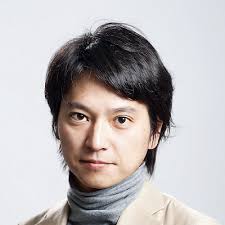
Jun Kimura
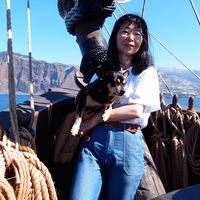
Kioko Koiso – Tolkio
Kenya
Madagascar

Annita Oniravaka
Malta
Mexico
Morocco
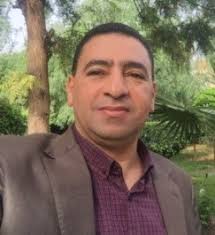
Azzedine Karra – Ministère de la Culture du Maroc

Nourddine Chnigli – Nourddine Chnigli Ph.D Student, University Ibn Zohr, Faculty of Arts and Human Sciences, Agadir Morocco. Department: History and Civilization Heritage and Development Scientific research structure (laboratory, research team): Le Maroc, le Sahel ET le Sahara: History ET Patrimony. Research Areas: Archaeology, Archaeology underwater – Prospection and excavation and to collect the artifact archeology from prehistoric and medieval and modern sites; Culture Heritage – Human culture material and immaterial Heritage. Interested in Diversity culture; Geoarchaeology – Landscape changes in the archaeological-historical context: modeling of historical land use and long-term process dynamics; Culture Development – Valorization the culture heritage: Restoration and registration safeguarding; Landscape ecology – Assessment of land use strategies in the context of empirical models based on detailed reconstructions of historical landscape dynamics.
Moçambique
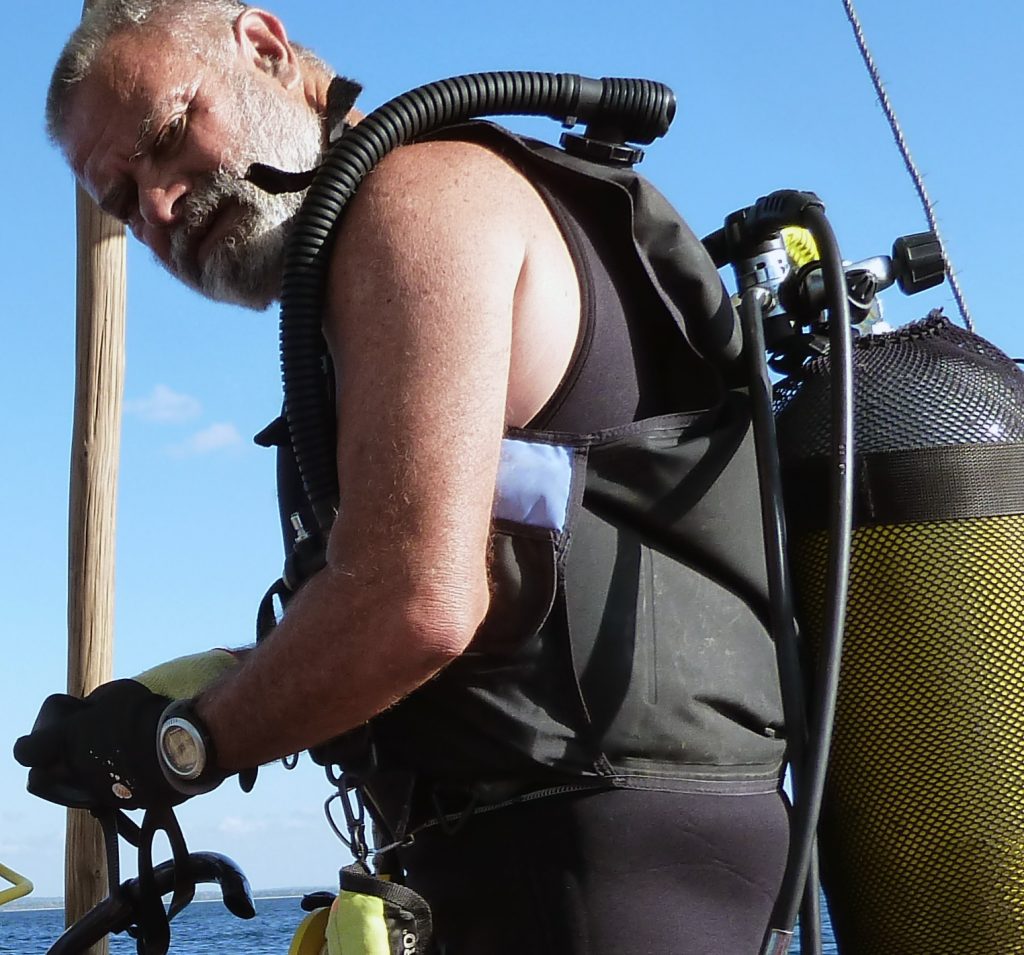
Ricardo Teixeira Duarte – Universidade Eduardo Mondlane
Namibia
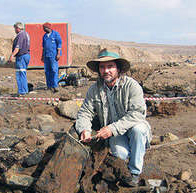
Dieter Noli – Oranjemund
Netherlands
New Zealand

Rosanne Hawarden
Peru
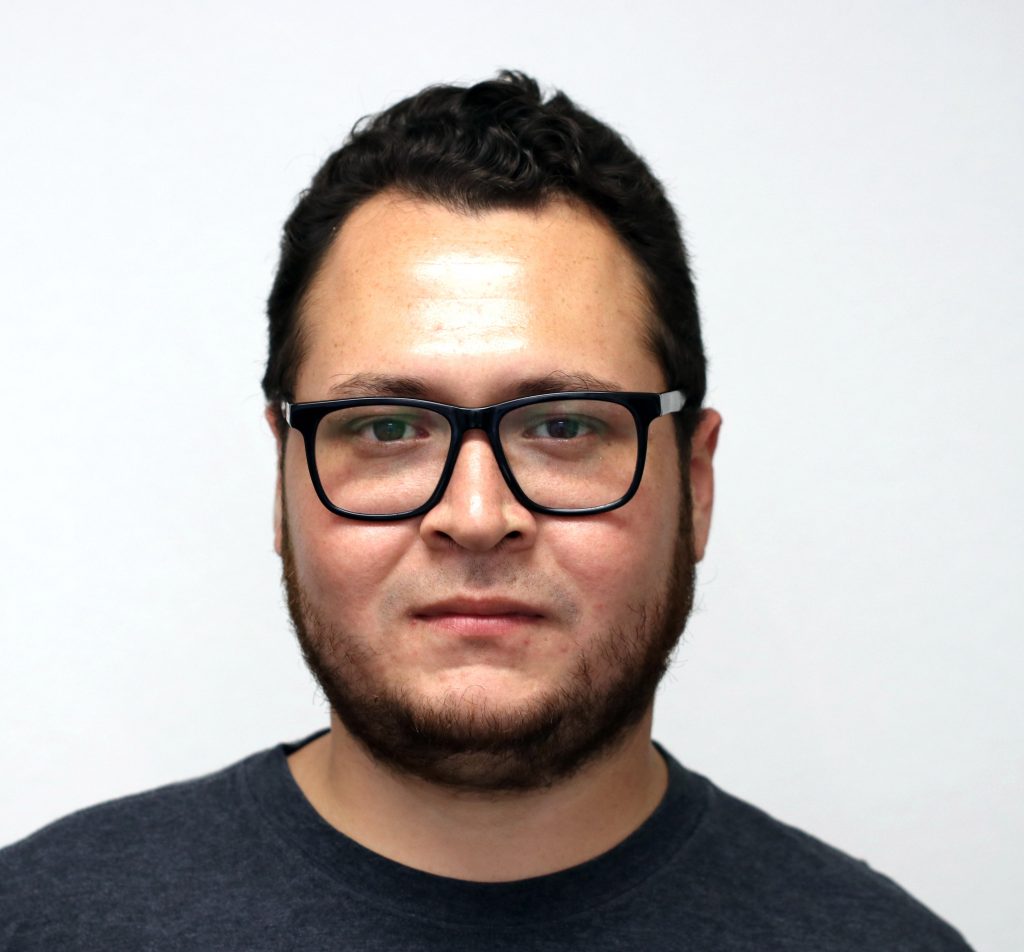
Raul Palomino Berrocal – Lima
Portugal
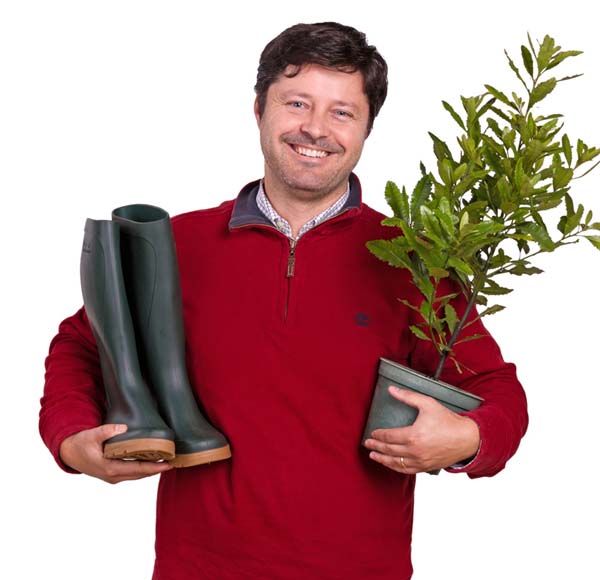
Pedro Almeida – Câmara Municipal de Vila do Conde (CMVC)

Rita Balona – Câmara Municipal de Alcácer do Sal (CMAS)
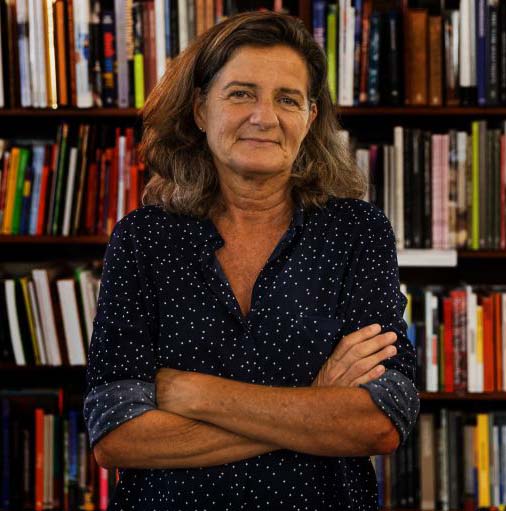
Mónica Bello
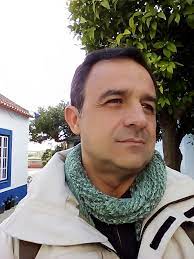
Flávio Biscaia – Centro de Arqueologia Náutica de Alcácer do Sal (CANAL)
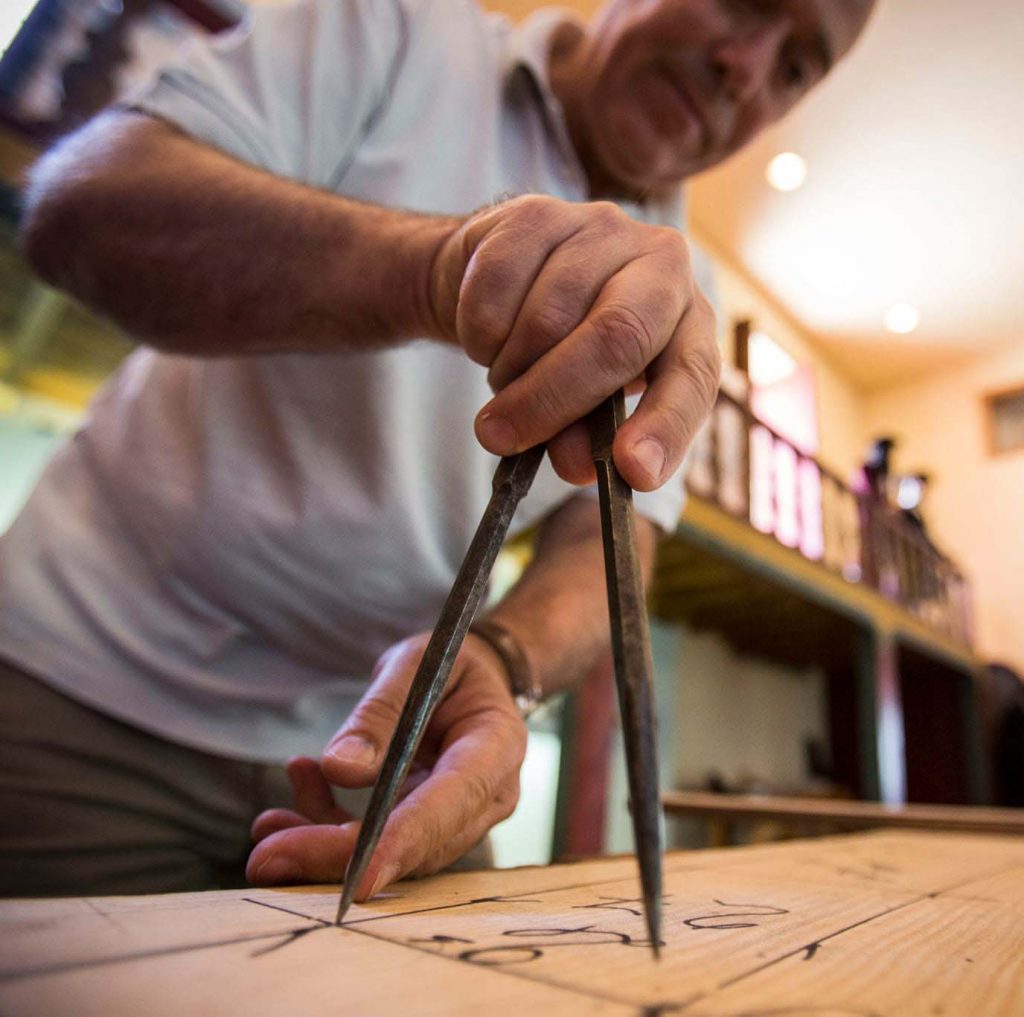
António José Carmo (Samuel) – Câmara Municipal de Vila do Conde (CMVC)
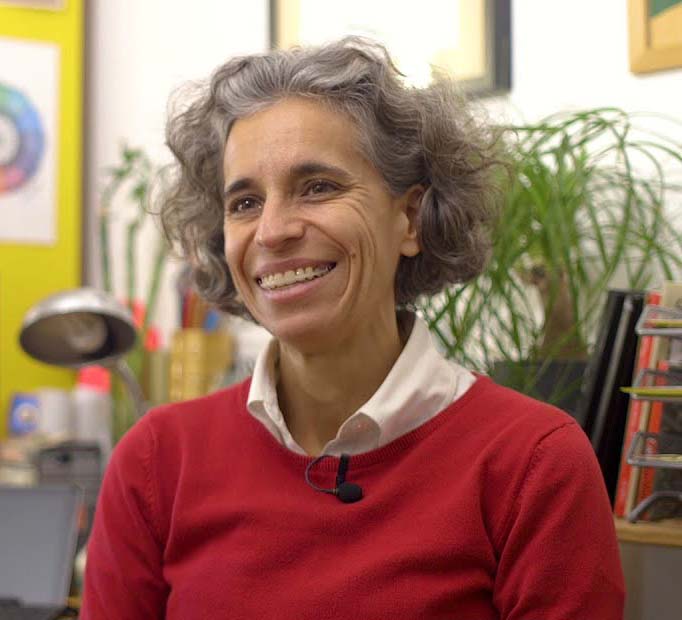
Rita Cortez de Matos
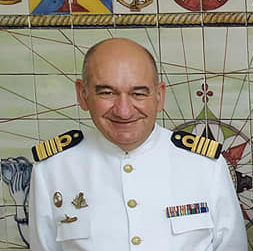
António Costa Canas – Escola Naval
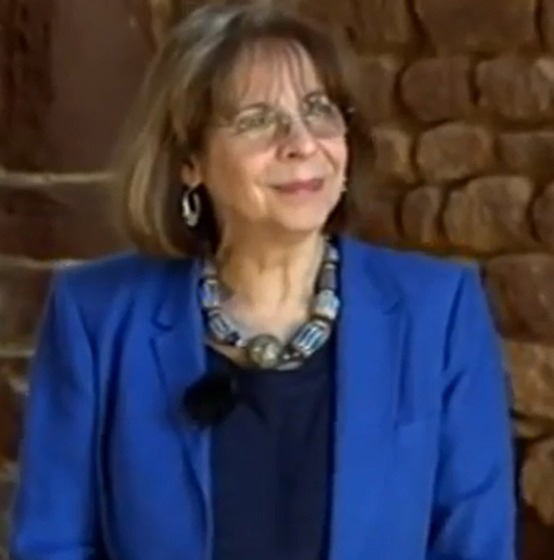
Rosa Varela Gomes – História Territórios e Comunidades (HTC) / Instituto de Arqueologia e Paleociências (IAP) – Arqueóloga, doutorada e agregada em História – Especialidade de Arqueologia. Foi responsável pela implementação da Licenciatura e Mestrado em Arqueologia na Universidade Nova de Lisboa, onde é docente. Dirigiu ou codirigiu escavações arqueológicas, nos últimos anos, em contextos medievais e modernos, em Lisboa (Convento de Santana), Silves (Castelo, Poço-Cisterna, Zona a Sul da Sé, Zona da Arrochela), Portimão (Castelo Belinho), Aljezur (Ribāt da Arrifana, Carrapateira, Torre de Odeceixe), Funchal e Sharjah (EAU). Dois dos arqueossítios islâmicos, em que participou na descoberta, identificação e escavação, dada a sua importância foram classificados como Monumentos Nacionais (Ribāt da Arrifana, Aljezur e Poço-cisterna de Silves). Foi responsável por catorze projectos de investigação, sendo dois deles internacionais (financiados pela FCT, IPA/IGESPAR, Fundação Calouste Gulbenkian, Fondation Max van Berchem e Marie Curie), e participou como investigador associado em sete projectos internacionais. Tem dez livros publicados, cerca de oitenta capítulos de livros e mais de centena e meia de artigos. Integra, presentemente, a 1ª Missão Arqueológica Portuguesa em Sharjah (EAU), assim como a comissão científica da exposição Identity and Culture – Sharjah Archaeological Heritage (UAE), patente no Museu Nacional de Arqueologia, Lisboa, 2019-2020.
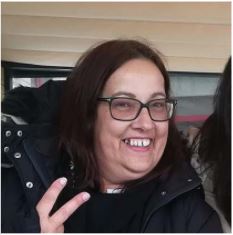
Ivone Magalhães – Câmara Municipal de Esposende (CME)
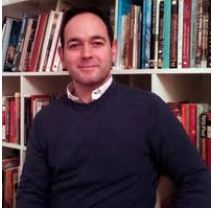
Miguel Martins – História, Territórios e Comunidades – CFE / Instituto de Arqueologia e Paleociências (IAP)
Miguel Martins has been developing in nautical and underwater archaeology research for the last 20 years. Nowadays works at the National Centre for Nautical and Underwater Archaeology
(CNANS) from the Portuguese Heritage Agency but also collaborate with higher education institutions, namely, UAL and IAP-NOVA.
Over the past few years, has developed archaeological works within the scope of the ForSEAdiscovery Project under the tutelage of Marie Curie Actions, where at the same time he completed a PhD in dendroarchaeology at UWTSD (UK).
He has collaborated with international research projects including the study of ships: Bremen cog (Germany), VOC Batavia (Australia), Highborn Cay (Bahamas) in collaboration with the National Geographic Society. He was responsible for the study of the ship Troia1 and coordinated the works of registration of the wreckage of the ship Belinho 1.
Currently, he is co-responsible for the Project Um Mergulho na História, which aims to inventory, characterize, reconstruct, and disseminate archaeological contexts of the Alentejo coast. Miguel Martins is dedicated to the development of methodologies and registration techniques in a 3D digital environment, which allow evolution in the interpretation, reconstruction, and treatment of historical and archaeological information.
Areas of interest: 3D digital recording, wooden shipbuilding, nautical archaeology Post-Medieval forestry practices for shipbuilding.

Silvana Munzi – Universidade de Lisboa
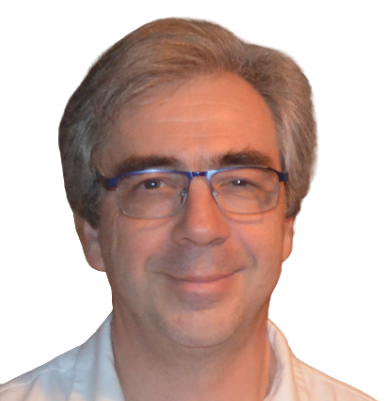
António Manuel Félix Baptista Neves – Museum of Metrology / Instituto Português da Qualidade
Married, two sons (25 and 21 years old). Head of the Museum of Metrology of IPQ since 2011.Degree in History by Faculdade de Ciências Sociais e Humanas / Universidade Nova de Lisboa.Main Interests: History of Portuguese Metrology – weights and measures used in Portugalsince it became an independent country (12th Century) and the metrological reforms that took place until nowadays.

Kanna Rajan – Universidade do Porto – Faculdade de Engenharia – LSTS

Alexandre Sá – Câmara Municipal de Esposende (CME)

João Sá – Câmara Municipal de Esposende (CME)
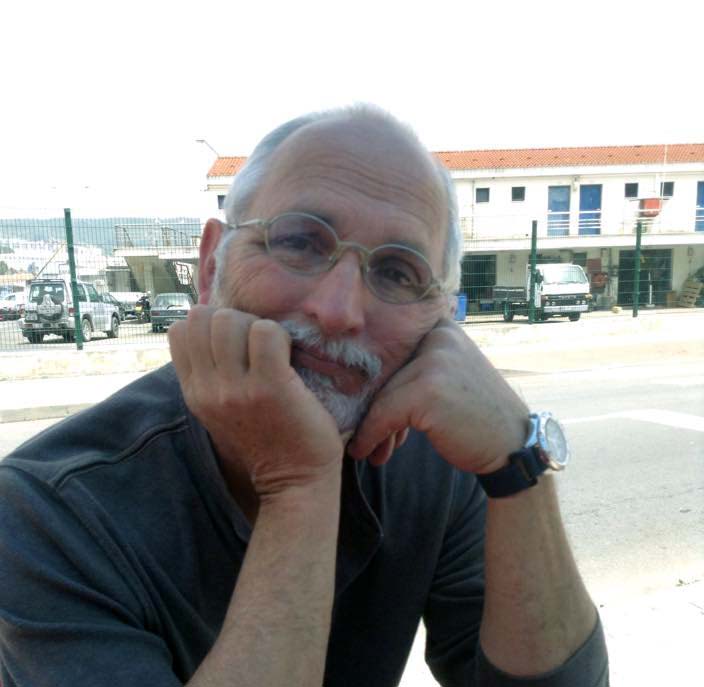
John Sexton – Centro de Arqueologia Náutica de Alcácer do Sal (CANAL)
Senegal
South Africa

John Gribble
Spain
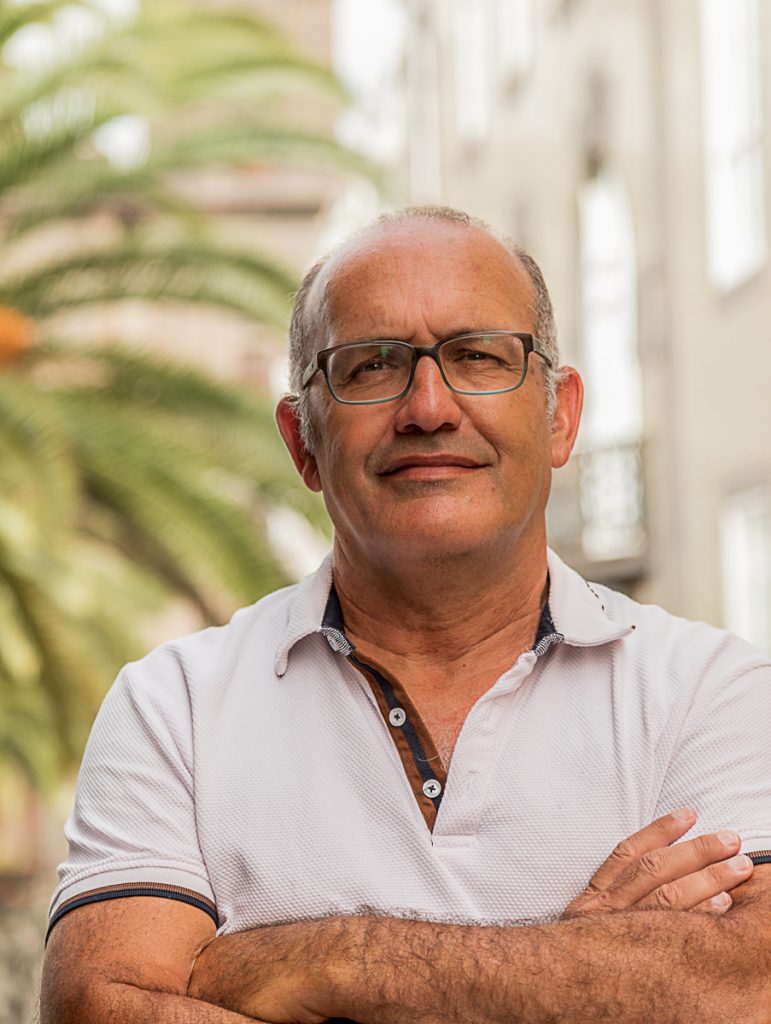
Vicente Benitez Cabrera- Me licencie en Ciencias del Mar en 1987, y he dedicado treinta años a la gestión ambiental, la gestión del litoral y la evaluación ambiental. Simultáneamente me licencie en Historia en la misma ULPGC, en 2008 y desde entonces he desarrollado mi actividad profesional medioambiental, y la investigadora en historia marítima y arqueología subacuatica escribiendo, y publicando algunos trabajos en congresos y revistas. Desde el 2008 hasta el 2017, dirigí y mantuve el portal Museo Virtual Submarino de Canarias, proyecto financiado por la ACSII (ADCIISI-I-08 LP/052) a finales de 2008
Mi agenda de gestión e investigación se ha desarrollado en los últimos 10 años en promover y desarrollar proyectos reales y virtuales dentro, sobre el mar, en torno al mar, desde las dos vertientes que conozco mejor: la gestión medioambiental y la protección del patrimonio cultural historico, arqueologico sumergido en Canarias, en la Macaronesia, y en general, en el ámbito Atlántico Oriental.
Desde hace dos años participo como Research Associate en el proyecto NADL (Nautical Archaeology Digital Library) de la Universidad A&M de Texas, dirigido por el Profesor Filipe Vieira de Castro
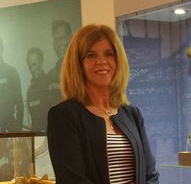
Carmen Concepción – Museo Naval del Barco de la Virgen
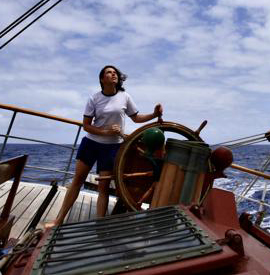
Maria Intxaustegui

Daniel Rodriguez Zaragoza – Museo Naval – Barco de la Virgen
Sri Lanka
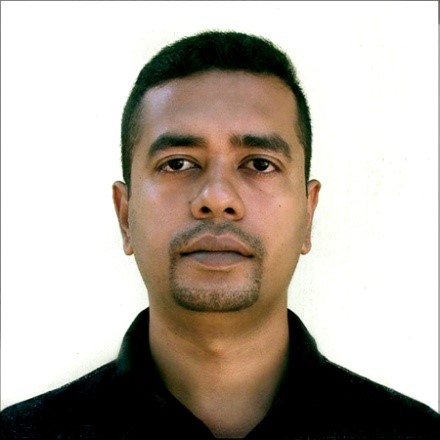
Rasika Muthucumarana – Senior archaeology officer working for the Maritime Archaeology Unit (MAU) of the Central Cultural Fund, the custodian agency for the UNESCO world heritage sites in Sri Lanka. From 2001 he has been involved with most of the underwater archaeological field work projects in Sri Lanka and some of the UNESCO field school projects across the region.
Member ICOMOS – ICUCH (International Committee for Underwater Cultural Heritage). Underwater photographer and SCUBA diving instructor for PADI International. hD Candidate at the Faculty of Graduate Studies, University of Sri Jayewardenepura, Colombo, Sri Lanka.
Tanzania
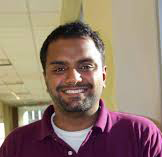
Akshay Sarathi – University Wisconsin Madison
Tunisie
Turkey
United Arab Emirates
United States of America
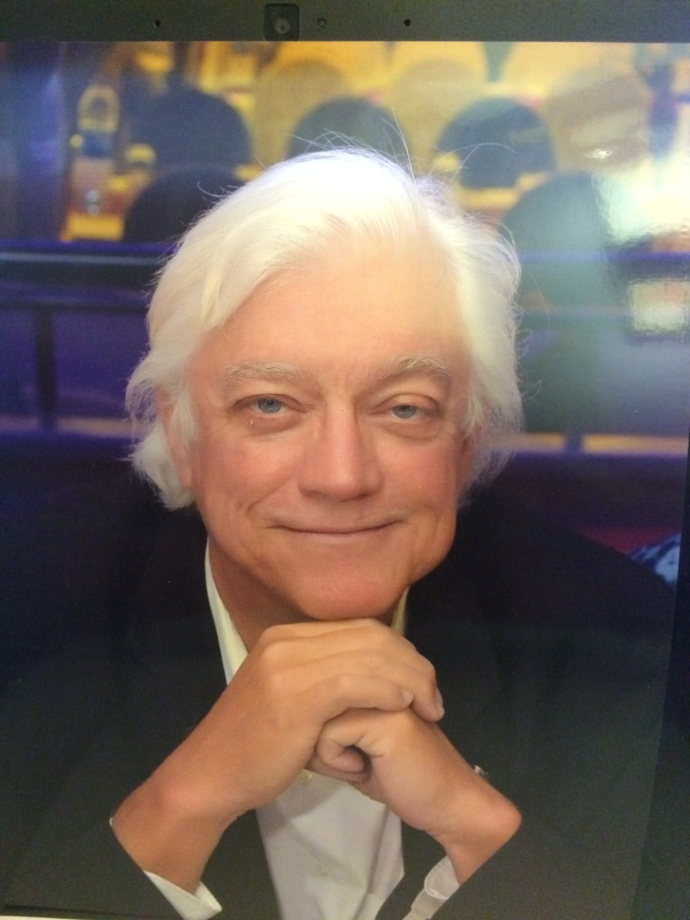
Ole Varmer – Ole Varmer has over 30 years of legal experience in international and United States environmental and historic preservation law. Most recently, he was the legal expert on the UNESCO team that produced the Evaluation Report of the 2001 Convention on the Protection of Underwater Cultural Heritage (2019). He worked for almost 33 years at the Department of Commerce/National Oceanic and Atmospheric Administration where he developed his expertise in the Law of the Sea, marine environmental law, maritime law and heritage law (natural and cultural). For example, Ole represented NOAA on the U.S. Delegation for the UNESCO meetings on Underwater Cultural Heritage, Word Heritage, the 1rst World Congress on Maritime Heritage and Intergovernmental Oceanographic Committee meetings regarding the Governance of Large Marine Ecosystems. Ole played a leading role in the multi-lateral negotiation of the International Agreement on Titanic, implementing Guidelines, and legislation. Ole was also the lead attorney in establishing several Marine Protected Areas that protect natural and cultural heritage, including the Florida Keys, Stellwagen Bank, and Thunder Bay National Marine Sanctuaries including several cases successfully defending the application of environmental/heritage laws against challenges under the law of salvage. Ole as the lead NOAA attorney in litigation involving the USS Monitor, and historic shipwrecks in the Florida Keys and Channel Islands National Marine Sanctuaries. Ole has dozens of legal publications concerning the preservation of our cultural and natural heritage. For example, his Underwater Cultural Heritage Law Study is on the UNESCO website and used as a reference tool within governments and academia. A summary of that study, “Closing the Gaps in Protection of Underwater Cultural Heritage on the Outer Continental Shelf “ was published in Vol. 33:2 of the Stanford Environmental Law Journal 251 (March 2014). With the legal expert Prof. Mariano Aznar-Gómez, Ole published “The Titanic as Underwater Cultural Heritage: Challenges to its Legal International Protection,” in Vol 44 of the Ocean Development & International Law 96-112; Ole wrote the chapter on U.S Law on UCH in comparative law study entitled put together by the legal expert, Dr. Sarah Dromgoole entitled: The Protection of the Underwater Cultural Heritage: National Perspectives in Light of the UNESCO Convention 2001(Martinus Nijhoff, 2006). Ole contributed to the UNESCO publication: Underwater Cultural Heritage at Risk with an article on RMS Titanic NESCO/ICOMOS, 2006). Ole is also a co-author with former Judge of Sherry Hutt, and attorney Caroline Blanco on the Book: Heritage Resources Law: Protecting the Archaeological and Cultural Environment (Wiley, 1999). For additional articles on cultural, natural and World Heritage see list of publication available at https://www.gc.noaa.gov/gcil_varmer_bio.html Ole was the lead attorney in developing the legal section in the NOAA Risk Assessment for Potentially Polluting Wrecks in U.S. Waters, a report to USCG (May, 2013). He is now a Senior Fellow at The Ocean Foundation assisting in the integration of UCH into the work and mission of that non-profit organization.
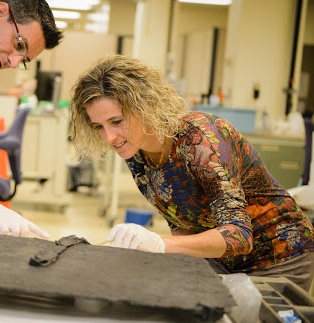
Stephanie Crette – Warren Lasch Conservation Center –
While studying in France, Dr. Cretté investigated the synthesis of biodegradable polyhydroxybutyrate, PHA, by chemical route as well as new processes of F-alkylation of organic compounds. In 2001, she received her PhD in Chemistry from the University of North Carolina at Chapel Hill. She completed her graduate work on the synthesis of porous and non-porous fluorinated polymer systems for catalysis and separation in liquid and supercritical carbon dioxide.
Prior to joining Clemson University, Dr. Cretté worked 7 years for MeadWestvaco Corporation in Charleston, SC. As a Research Chemist for MeadWestvaco Specialty Chemicals division, she applied her knowledge of organic/inorganic chemistry, nanotechnology, nanofillers, and nanofibers) and polymer science to projects ranging from industrial and architectural coatings to paper and packaging applications. She designed and formulated coating systems with improved mechanical and barrier properties for the food and non-food packaging industry to be applied on and off machine. She has a high level of expertise in the area of waterborne and UV-cured acrylic-, epoxy-based coatings and hybrid technology including silane, siloxane, fluorine and melamine chemistries and surface modification.
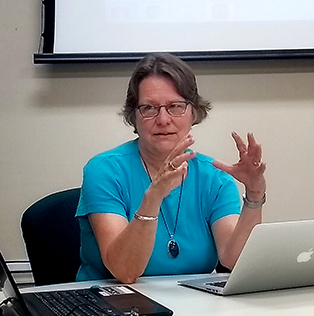
Alida Metcalf – Rice University – Alida Metcalf teaches undergraduate and graduate courses in Latin American history. Her undergraduate courses include Brazil: Continuities and Changes, Latin American Perspectives, and Rio de Janeiro: A Social and Architectural History (with Farès el-Dahdah). At the graduate level, she regularly offers seminars in the history of the Luso-Atlantic World, Brazil, and Colonial Latin America. She is accepting Ph.D. students in Latin American History, especially those interested in Brazil. Metcalf directs the Dual Degree program between the history departments of Rice and the Universidade Estadual de Campinas, Brazil, which allows highly talented graduate students to earn two Ph.Ds, one from Rice and one from UNICAMP. Metcalf’s current research focuses on the history of water in Rio de Janeiro. With Fares el-Dahdah she co-directs imagineRio, a digital humanities project on the social and architectural history of Rio de Janeiro.
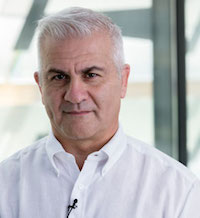
Farès el-Dahdah – Rice University –
An educator, scholar, humanist, and designer, Farès el-Dahdah earned his undergraduate degrees in fine arts and in architecture from the Rhode Island School of Design and went on to pursue his graduate studies at Harvard University where bridging of architecture and literary theory was the subject of his doctoral dissertation and a first manifestation of a lifelong commitment to bridging disciplines.
Following a two decade long professorial track at Rice University’s School of Architecture, he was appointed director of the Humanities Research Center (HRC) in 2012 and Professor of the Humanities in 2014. Along the trajectory of his career, el-Dahdah was the 2011-12 Cisneros Visiting Scholar at the David Rockefeller Center for Latin American Studies, a visiting fellow at the Canadian Center for Architecture, and a recipient of the Arthur W. Wheelwright Traveling Fellowship. He has also taught as a visiting professor at Harvard University’s Graduate School of Design and is a member of the Computational Humanities Study Group at the University of São Paulo’s Institute of Advanced Studies. In addition to his academic activities, el-Dahdah has participated in cultural events at museums in Beirut, Paris, Berlin, São Paulo, Rio de Janeiro, and Brasilia, including the curation of exhibitions on Lebanon’s first constitution and on the 50th anniversary of Brazil’s capital. He is published in many countries and regularly lectures in many languages. His current research focuses on developing online geospatial platforms that illustrate the urban evolution of cities as well as on exploring and critiquing how such digital platforms uphold the mission of disseminating knowledge.
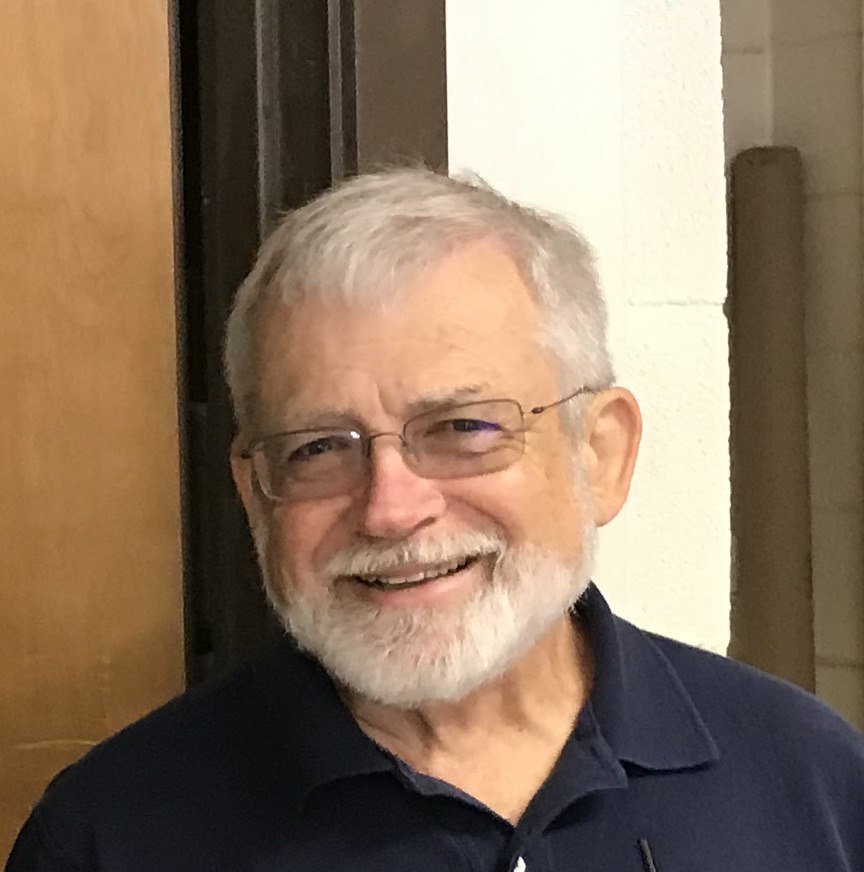
John Broadwater
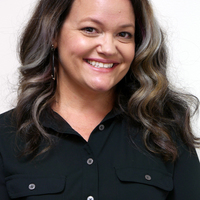
Jennifer McKinnon – East Carolina University – Jennifer McKinnon has a background in historical and maritime archaeology and cultural heritage management. She has worked in the US, Australia, the Pacific, and Europe on sites ranging from the colonial period to WWII. Her research areas include Spanish colonial archaeology, archaeology and history of the U.S. Life-Saving Service, conflict archaeology of WWII in the Pacific; landscape and seascape archaeology; in situ conservation and preservation, and Community Archaeology. Jennifer has published a number of book chapters and journal articles and co-edited (with Dr. Toni L. Carrell) a book with Springer Press entitled, Underwater Archaeology of a Pacific Battlefield: The WWII Battle of Saipan. McKinnon is a Research Associate of Ships of Exploration and Discovery Research, Inc., a non-profit organization with which she has partnered to conduct WWII-related research in the Pacific.
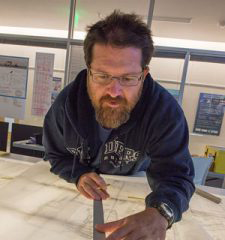
Nathan Richards – East Carolina University – Dr. Richards specializes in maritime archaeological theory and method with a focus on cultural site formation processes of the archaeological record. He has an interest 19th and 20th century maritime history, the history of technology, and in comparative and anthropological approaches to maritime archaeological subjects. He has been involved in field schools run by Departments of Archaeology at Flinders University (South Australia), and James Cook University (Queensland), and has been employed in cultural heritage management work by the State Governments of South Australia and Tasmania. His research has appeared in the Bulletin of the Australasian Institute for Maritime Archaeology, The Great Circle (the journal of the Australian Association for Maritime History), the International Journal of Nautical Archaeology, the Bermuda Journal of Maritime History and Archaeology, and Historical Archaeology as well as other journal articles, book chapters, and numerous reports and reviews. He is co-author (with Robyn Hartell) of The Garden Island Ships’ Graveyard Maritime Heritage Trail (Government of South Australia, 2001), author of Ships’ Graveyards: Abandoned Watercraft and the Archaeological Formation Process (University Press of Florida, 2008), and co-editor of The Archaeology of Watercraft Abandonment (with Sami Seeb, Springer Press, 2013). Dr. Richards is an active member of the Australasian Institute for Maritime Archaeology (serving on their editorial board, and their newsletter editor 2001-2006) and the Australian Association for Maritime History. He is a former Associate Editor for the journal Historical Archaeology, and currently sits on the editorial board of the International Journal of Maritime Archaeology.
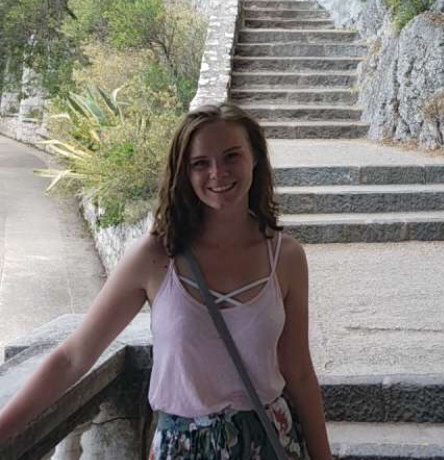
Emily Robertson – Received her Bachelor of Arts in Anthropology from the University of Wyoming in 2019. Current interests include conversation of underwater archaeological sites, archaeological database development, and artifact maintenance. Previous projects include the University of Wyoming Archaeological Repository database as well as managing isolated artifacts from Wyoming counties. She hopes to start a graduate program for underwater archaeology in 2021 with a focus on sites in danger from rising sea levels
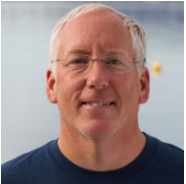
David Ruff – Institute of Nautical Archaeology – Dave earned his PhD from Texas A&M, and has a masters degree in Acoustic Engineering from the Naval Postgraduate School. He has been involved in several excavations in Croatia (Gnalić, Caska, Trstenik, Suđurađ) and has participated in survey projects in the Adriatic Sea with the Institute of Nautical Archaeology and RPM Nautical Foundation. Dave is a retired US Navy submarine Captain, and lives in Raleigh NC with his wife Marla.
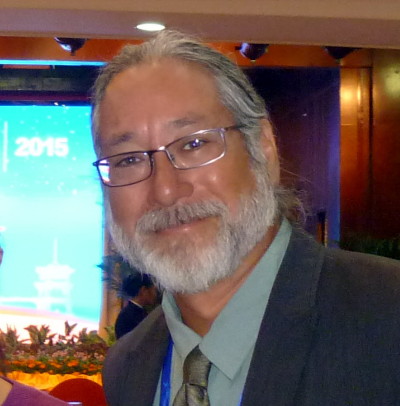
Hans van Tilburg – NOAA. Hans Van Tilburg holds a BA in geography from University of California Berkeley, an MA in maritime archaeology/history from East Carolina University, and a PhD in history from the University of Hawai`i, where he ran the graduate program in maritime archaeology and history. Hans has taught courses in world maritime history and published over 30 articles and book reviews, as well as several books. He has served as a consultant for UNESCO’s cultural heritage program and instructor for UNESCO’s UCH Foundation courses. He is currently maritime heritage coordinator and unit diving supervisor for NOAA’s Office of National Marine Sanctuaries in the Pacific.
Uruguay
Wales
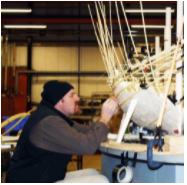
Toby Jones
Other Collaborators
The Nautical Archaeology Digital Library Project started in 2005 and has counted with the participation of many Texas A&M alumni, such as Neal Audenaert, Lilia Campana, Paul Creasman, Bryana Dubard, Kevin Gnadinger, Heather Hatch, Alex Hazlett, Carlos Monroy, Nicholas Parks, George Schwarz, Audrey Wells.
A number of external collaborators also contributed with ideas for this project, such as Mauro Bondioli, Francisco Contente Domingues, Nuno Fonseca, Ab Hoving, Rui Loureiro, Adolfo Silveira Martins, and Jean-Michel Urvoy.
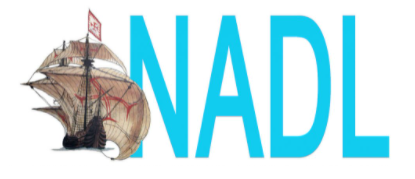
Center for the Study of Digital Libraries (CSDL)J. Richard Steffy Ship Reconstruction Laboratory (ShipLAB)
Department of Visualization (VizLab)
rsidad Nacional dTer
